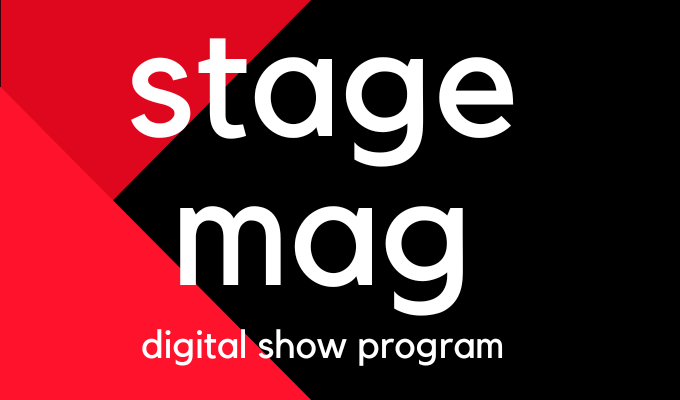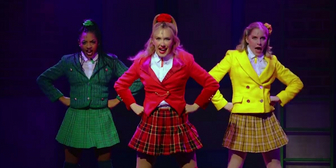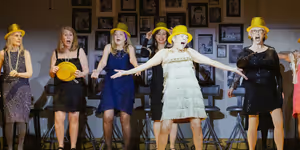- Photos: Taye Diggs and Wayne Brady in MOULIN ROUGE! THE MUSICAL
- Interview: Ryan Colone is ANGRY ALAN's On Stage Surprise
- SUFFS North American Tour Cast & Cities Announced
Latest News
Trending Stories
Recommended for You
Video: A CHORUS LINE Celebrates 50 Years With A Cast Flash Mob in NYC
Original cast members will reunite on Sunday, July 27, 2025 at the Shubert Theatre.
Andrew Barth Feldman Will Join MAYBE HAPPY ENDING
Feldman will play the role of “Oliver” beginning on Tuesday, September 2, 2025 for a special limited 9-week run through Saturday, November 1, 2025.
They’re All Special - A CHORUS LINE Alumni Share Their Treasured Memories
A Chorus Line Official 50th Anniversary Celebration takes place at the Shubert Theatre on July 27th benefiting the Entertainment Community Fund.
Exclusive: Watch Casey Likes Sing 'Freeze Your Brain' from HEATHERS
Heathers is currently running at New World Stages through January 25, 2026.
Ticket Central
Hot Photos this week
 Photo: First Look at DOLLY: A TRUE ORIGINAL MUSICAL
Get a First look at Carrie St. Louis as ‘Dolly,’ Katie Rose Clarke as ‘Dolly Parton,’ and Quinn Titcomb as ‘Little Dolly.’
Photo: First Look at DOLLY: A TRUE ORIGINAL MUSICAL
Get a First look at Carrie St. Louis as ‘Dolly,’ Katie Rose Clarke as ‘Dolly Parton,’ and Quinn Titcomb as ‘Little Dolly.’
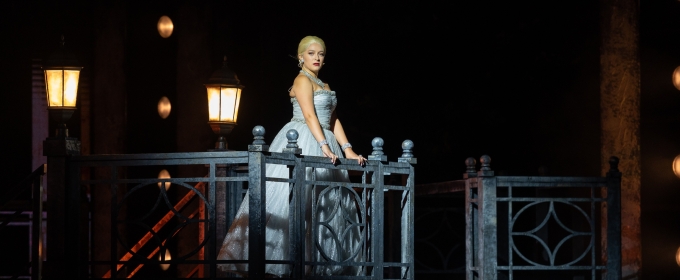 First Look at EVITA at The Muny
Performances run July 18-24.
First Look at EVITA at The Muny
Performances run July 18-24.
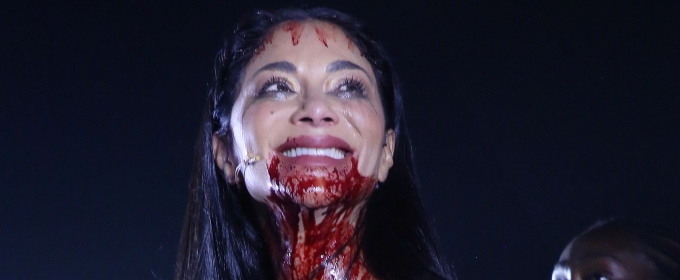 Scherzinger and the Cast of SUNSET BLVD. Take Final Bow
The show played its final performance on July 20 at the St. James Theatre following 20 previews and 312 regular performances.
Scherzinger and the Cast of SUNSET BLVD. Take Final Bow
The show played its final performance on July 20 at the St. James Theatre following 20 previews and 312 regular performances.
 Billy Porter and Marisha Wallace in CABARET
Porter and Wallace begin performances on Tuesday, July 22.
Billy Porter and Marisha Wallace in CABARET
Porter and Wallace begin performances on Tuesday, July 22.
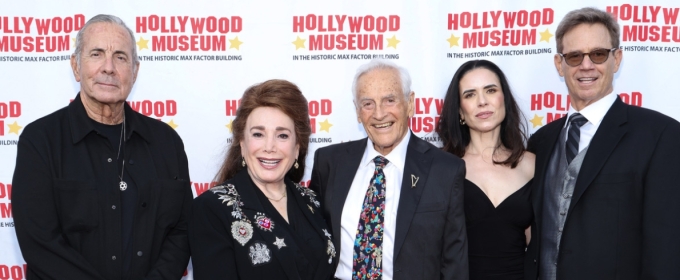 The Hollywood Museum Opens Marx Brothers Exhibit LEGENDS OF LAUGHTER
Exhibit features rare memorabilia, original costumes, and family tributes to comedy legends.
The Hollywood Museum Opens Marx Brothers Exhibit LEGENDS OF LAUGHTER
Exhibit features rare memorabilia, original costumes, and family tributes to comedy legends.
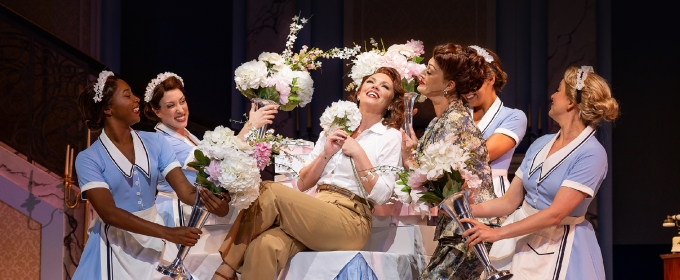 Robyn Hurder, Andrew Durand, and More Star in HIGH SOCIETY at Ogunquit Playhouse
The production runs July 24 through August 23 in Ogunquit, Maine.
Robyn Hurder, Andrew Durand, and More Star in HIGH SOCIETY at Ogunquit Playhouse
The production runs July 24 through August 23 in Ogunquit, Maine.
 First Look at EVITA at The Muny
Performances run July 18-24.
First Look at EVITA at The Muny
Performances run July 18-24.
 Scherzinger and the Cast of SUNSET BLVD. Take Final Bow
The show played its final performance on July 20 at the St. James Theatre following 20 previews and 312 regular performances.
Scherzinger and the Cast of SUNSET BLVD. Take Final Bow
The show played its final performance on July 20 at the St. James Theatre following 20 previews and 312 regular performances.
 Billy Porter and Marisha Wallace in CABARET
Porter and Wallace begin performances on Tuesday, July 22.
Billy Porter and Marisha Wallace in CABARET
Porter and Wallace begin performances on Tuesday, July 22.
 The Hollywood Museum Opens Marx Brothers Exhibit LEGENDS OF LAUGHTER
Exhibit features rare memorabilia, original costumes, and family tributes to comedy legends.
The Hollywood Museum Opens Marx Brothers Exhibit LEGENDS OF LAUGHTER
Exhibit features rare memorabilia, original costumes, and family tributes to comedy legends.
 Robyn Hurder, Andrew Durand, and More Star in HIGH SOCIETY at Ogunquit Playhouse
The production runs July 24 through August 23 in Ogunquit, Maine.
Robyn Hurder, Andrew Durand, and More Star in HIGH SOCIETY at Ogunquit Playhouse
The production runs July 24 through August 23 in Ogunquit, Maine.
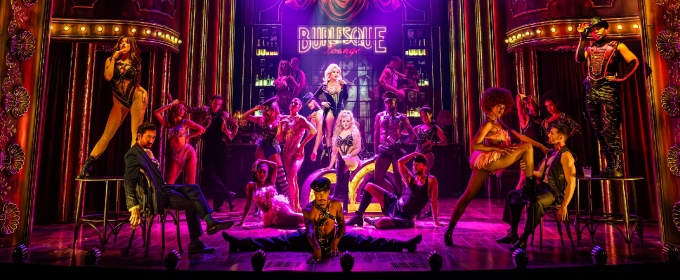 Jess Folley, Todrick Hall and More in BURLESQUE THE MUSICAL in London
The show plays for a limited season until Saturday 6 September 2025.
Jess Folley, Todrick Hall and More in BURLESQUE THE MUSICAL in London
The show plays for a limited season until Saturday 6 September 2025.
 Scherzinger and the Cast of SUNSET BLVD. Take Final Bow
The show played its final performance on July 20 at the St. James Theatre following 20 previews and 312 regular performances.
Scherzinger and the Cast of SUNSET BLVD. Take Final Bow
The show played its final performance on July 20 at the St. James Theatre following 20 previews and 312 regular performances.
 Billy Porter and Marisha Wallace in CABARET
Porter and Wallace begin performances on Tuesday, July 22.
Billy Porter and Marisha Wallace in CABARET
Porter and Wallace begin performances on Tuesday, July 22.
 The Hollywood Museum Opens Marx Brothers Exhibit LEGENDS OF LAUGHTER
Exhibit features rare memorabilia, original costumes, and family tributes to comedy legends.
The Hollywood Museum Opens Marx Brothers Exhibit LEGENDS OF LAUGHTER
Exhibit features rare memorabilia, original costumes, and family tributes to comedy legends.
 Robyn Hurder, Andrew Durand, and More Star in HIGH SOCIETY at Ogunquit Playhouse
The production runs July 24 through August 23 in Ogunquit, Maine.
Robyn Hurder, Andrew Durand, and More Star in HIGH SOCIETY at Ogunquit Playhouse
The production runs July 24 through August 23 in Ogunquit, Maine.
 Jess Folley, Todrick Hall and More in BURLESQUE THE MUSICAL in London
The show plays for a limited season until Saturday 6 September 2025.
Jess Folley, Todrick Hall and More in BURLESQUE THE MUSICAL in London
The show plays for a limited season until Saturday 6 September 2025.
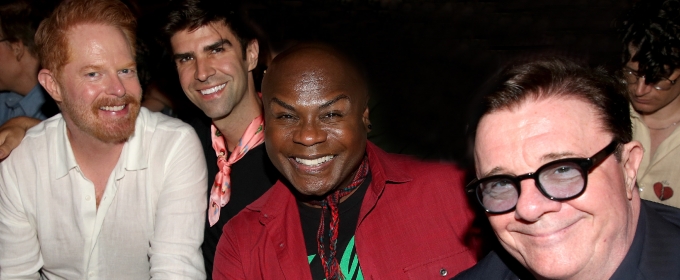 Cole Escola, Sadie Sink, and More at Opening Night of Josh Sharp's TA-DA!
Performances will continue for a limited run through August 23.
Cole Escola, Sadie Sink, and More at Opening Night of Josh Sharp's TA-DA!
Performances will continue for a limited run through August 23.
 Billy Porter and Marisha Wallace in CABARET
Porter and Wallace begin performances on Tuesday, July 22.
Billy Porter and Marisha Wallace in CABARET
Porter and Wallace begin performances on Tuesday, July 22.
 The Hollywood Museum Opens Marx Brothers Exhibit LEGENDS OF LAUGHTER
Exhibit features rare memorabilia, original costumes, and family tributes to comedy legends.
The Hollywood Museum Opens Marx Brothers Exhibit LEGENDS OF LAUGHTER
Exhibit features rare memorabilia, original costumes, and family tributes to comedy legends.
 Robyn Hurder, Andrew Durand, and More Star in HIGH SOCIETY at Ogunquit Playhouse
The production runs July 24 through August 23 in Ogunquit, Maine.
Robyn Hurder, Andrew Durand, and More Star in HIGH SOCIETY at Ogunquit Playhouse
The production runs July 24 through August 23 in Ogunquit, Maine.
 Jess Folley, Todrick Hall and More in BURLESQUE THE MUSICAL in London
The show plays for a limited season until Saturday 6 September 2025.
Jess Folley, Todrick Hall and More in BURLESQUE THE MUSICAL in London
The show plays for a limited season until Saturday 6 September 2025.
 Cole Escola, Sadie Sink, and More at Opening Night of Josh Sharp's TA-DA!
Performances will continue for a limited run through August 23.
Cole Escola, Sadie Sink, and More at Opening Night of Josh Sharp's TA-DA!
Performances will continue for a limited run through August 23.
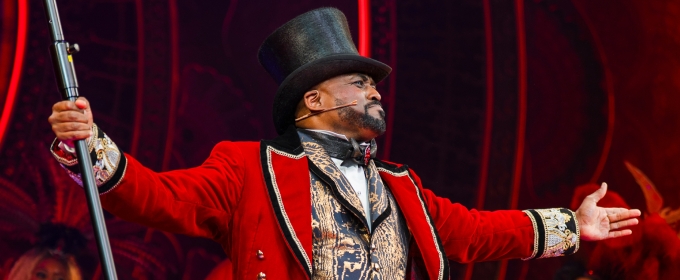 Wayne Brady and Taye Diggs Join the Cast of MOULIN ROUGE! THE MUSICAL
Diggs plays through September 28, with Brady staying through November 9.
Wayne Brady and Taye Diggs Join the Cast of MOULIN ROUGE! THE MUSICAL
Diggs plays through September 28, with Brady staying through November 9.
 The Hollywood Museum Opens Marx Brothers Exhibit LEGENDS OF LAUGHTER
Exhibit features rare memorabilia, original costumes, and family tributes to comedy legends.
The Hollywood Museum Opens Marx Brothers Exhibit LEGENDS OF LAUGHTER
Exhibit features rare memorabilia, original costumes, and family tributes to comedy legends.
 Robyn Hurder, Andrew Durand, and More Star in HIGH SOCIETY at Ogunquit Playhouse
The production runs July 24 through August 23 in Ogunquit, Maine.
Robyn Hurder, Andrew Durand, and More Star in HIGH SOCIETY at Ogunquit Playhouse
The production runs July 24 through August 23 in Ogunquit, Maine.
 Jess Folley, Todrick Hall and More in BURLESQUE THE MUSICAL in London
The show plays for a limited season until Saturday 6 September 2025.
Jess Folley, Todrick Hall and More in BURLESQUE THE MUSICAL in London
The show plays for a limited season until Saturday 6 September 2025.
 Cole Escola, Sadie Sink, and More at Opening Night of Josh Sharp's TA-DA!
Performances will continue for a limited run through August 23.
Cole Escola, Sadie Sink, and More at Opening Night of Josh Sharp's TA-DA!
Performances will continue for a limited run through August 23.
 Wayne Brady and Taye Diggs Join the Cast of MOULIN ROUGE! THE MUSICAL
Diggs plays through September 28, with Brady staying through November 9.
Wayne Brady and Taye Diggs Join the Cast of MOULIN ROUGE! THE MUSICAL
Diggs plays through September 28, with Brady staying through November 9.
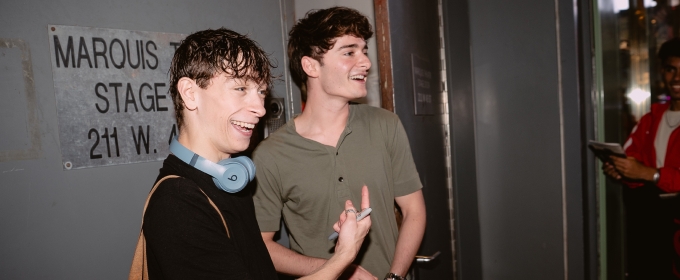 Noah Schnapp Visits STRANGER THINGS on Broadway
The series star joined Tony nominee Louis McCartney, star of the stage show, to surprise Stranger Things fans at the stage door after the performance.
Noah Schnapp Visits STRANGER THINGS on Broadway
The series star joined Tony nominee Louis McCartney, star of the stage show, to surprise Stranger Things fans at the stage door after the performance.
 Robyn Hurder, Andrew Durand, and More Star in HIGH SOCIETY at Ogunquit Playhouse
The production runs July 24 through August 23 in Ogunquit, Maine.
Robyn Hurder, Andrew Durand, and More Star in HIGH SOCIETY at Ogunquit Playhouse
The production runs July 24 through August 23 in Ogunquit, Maine.
 Jess Folley, Todrick Hall and More in BURLESQUE THE MUSICAL in London
The show plays for a limited season until Saturday 6 September 2025.
Jess Folley, Todrick Hall and More in BURLESQUE THE MUSICAL in London
The show plays for a limited season until Saturday 6 September 2025.
 Cole Escola, Sadie Sink, and More at Opening Night of Josh Sharp's TA-DA!
Performances will continue for a limited run through August 23.
Cole Escola, Sadie Sink, and More at Opening Night of Josh Sharp's TA-DA!
Performances will continue for a limited run through August 23.
 Wayne Brady and Taye Diggs Join the Cast of MOULIN ROUGE! THE MUSICAL
Diggs plays through September 28, with Brady staying through November 9.
Wayne Brady and Taye Diggs Join the Cast of MOULIN ROUGE! THE MUSICAL
Diggs plays through September 28, with Brady staying through November 9.
 Noah Schnapp Visits STRANGER THINGS on Broadway
The series star joined Tony nominee Louis McCartney, star of the stage show, to surprise Stranger Things fans at the stage door after the performance.
Noah Schnapp Visits STRANGER THINGS on Broadway
The series star joined Tony nominee Louis McCartney, star of the stage show, to surprise Stranger Things fans at the stage door after the performance.
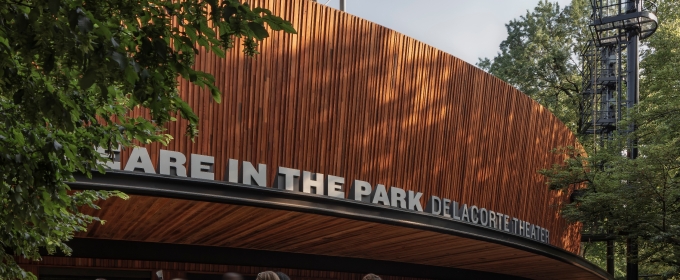 First Look at the Revitalized Delacorte Theater
The Delacorte will officially reopen to the public on August 7, with Twelfth Night.
First Look at the Revitalized Delacorte Theater
The Delacorte will officially reopen to the public on August 7, with Twelfth Night.
 Jess Folley, Todrick Hall and More in BURLESQUE THE MUSICAL in London
The show plays for a limited season until Saturday 6 September 2025.
Jess Folley, Todrick Hall and More in BURLESQUE THE MUSICAL in London
The show plays for a limited season until Saturday 6 September 2025.
 Cole Escola, Sadie Sink, and More at Opening Night of Josh Sharp's TA-DA!
Performances will continue for a limited run through August 23.
Cole Escola, Sadie Sink, and More at Opening Night of Josh Sharp's TA-DA!
Performances will continue for a limited run through August 23.
 Wayne Brady and Taye Diggs Join the Cast of MOULIN ROUGE! THE MUSICAL
Diggs plays through September 28, with Brady staying through November 9.
Wayne Brady and Taye Diggs Join the Cast of MOULIN ROUGE! THE MUSICAL
Diggs plays through September 28, with Brady staying through November 9.
 Noah Schnapp Visits STRANGER THINGS on Broadway
The series star joined Tony nominee Louis McCartney, star of the stage show, to surprise Stranger Things fans at the stage door after the performance.
Noah Schnapp Visits STRANGER THINGS on Broadway
The series star joined Tony nominee Louis McCartney, star of the stage show, to surprise Stranger Things fans at the stage door after the performance.
 First Look at the Revitalized Delacorte Theater
The Delacorte will officially reopen to the public on August 7, with Twelfth Night.
First Look at the Revitalized Delacorte Theater
The Delacorte will officially reopen to the public on August 7, with Twelfth Night.
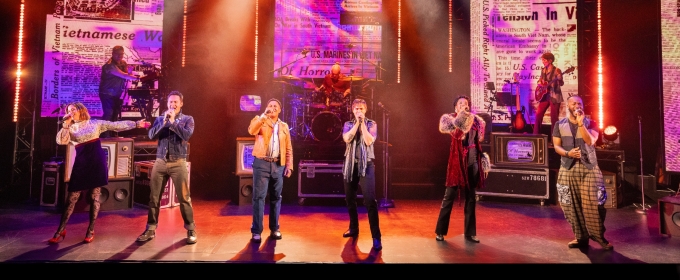 First Look at ROLLING THUNDER Musical Off-Broadway
Rolling Thunder began performances on Thursday, July 10 at New World Stages (340 W 50th St) ahead of its Thursday, July 24 opening.
First Look at ROLLING THUNDER Musical Off-Broadway
Rolling Thunder began performances on Thursday, July 10 at New World Stages (340 W 50th St) ahead of its Thursday, July 24 opening.
 Cole Escola, Sadie Sink, and More at Opening Night of Josh Sharp's TA-DA!
Performances will continue for a limited run through August 23.
Cole Escola, Sadie Sink, and More at Opening Night of Josh Sharp's TA-DA!
Performances will continue for a limited run through August 23.
 Wayne Brady and Taye Diggs Join the Cast of MOULIN ROUGE! THE MUSICAL
Diggs plays through September 28, with Brady staying through November 9.
Wayne Brady and Taye Diggs Join the Cast of MOULIN ROUGE! THE MUSICAL
Diggs plays through September 28, with Brady staying through November 9.
 Noah Schnapp Visits STRANGER THINGS on Broadway
The series star joined Tony nominee Louis McCartney, star of the stage show, to surprise Stranger Things fans at the stage door after the performance.
Noah Schnapp Visits STRANGER THINGS on Broadway
The series star joined Tony nominee Louis McCartney, star of the stage show, to surprise Stranger Things fans at the stage door after the performance.
 First Look at the Revitalized Delacorte Theater
The Delacorte will officially reopen to the public on August 7, with Twelfth Night.
First Look at the Revitalized Delacorte Theater
The Delacorte will officially reopen to the public on August 7, with Twelfth Night.
 First Look at ROLLING THUNDER Musical Off-Broadway
Rolling Thunder began performances on Thursday, July 10 at New World Stages (340 W 50th St) ahead of its Thursday, July 24 opening.
First Look at ROLLING THUNDER Musical Off-Broadway
Rolling Thunder began performances on Thursday, July 10 at New World Stages (340 W 50th St) ahead of its Thursday, July 24 opening.
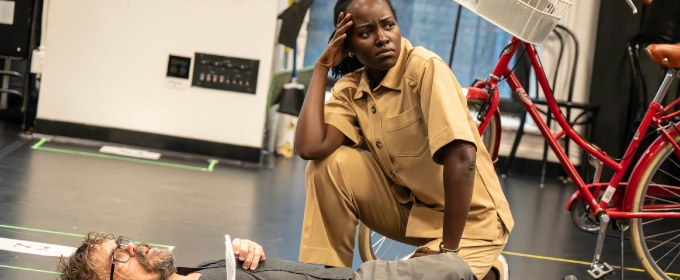 In Rehearsals for Shakespeare in the Park's TWELFTH NIGHT
Twelfth Night will run August 7 through September 14, 2025.
In Rehearsals for Shakespeare in the Park's TWELFTH NIGHT
Twelfth Night will run August 7 through September 14, 2025.
 Wayne Brady and Taye Diggs Join the Cast of MOULIN ROUGE! THE MUSICAL
Diggs plays through September 28, with Brady staying through November 9.
Wayne Brady and Taye Diggs Join the Cast of MOULIN ROUGE! THE MUSICAL
Diggs plays through September 28, with Brady staying through November 9.
 Noah Schnapp Visits STRANGER THINGS on Broadway
The series star joined Tony nominee Louis McCartney, star of the stage show, to surprise Stranger Things fans at the stage door after the performance.
Noah Schnapp Visits STRANGER THINGS on Broadway
The series star joined Tony nominee Louis McCartney, star of the stage show, to surprise Stranger Things fans at the stage door after the performance.
 First Look at the Revitalized Delacorte Theater
The Delacorte will officially reopen to the public on August 7, with Twelfth Night.
First Look at the Revitalized Delacorte Theater
The Delacorte will officially reopen to the public on August 7, with Twelfth Night.
 First Look at ROLLING THUNDER Musical Off-Broadway
Rolling Thunder began performances on Thursday, July 10 at New World Stages (340 W 50th St) ahead of its Thursday, July 24 opening.
First Look at ROLLING THUNDER Musical Off-Broadway
Rolling Thunder began performances on Thursday, July 10 at New World Stages (340 W 50th St) ahead of its Thursday, July 24 opening.
 In Rehearsals for Shakespeare in the Park's TWELFTH NIGHT
Twelfth Night will run August 7 through September 14, 2025.
In Rehearsals for Shakespeare in the Park's TWELFTH NIGHT
Twelfth Night will run August 7 through September 14, 2025.
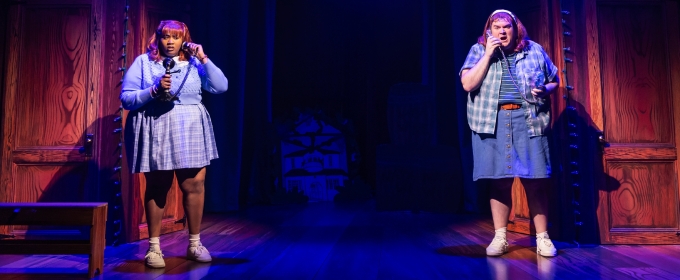 GINGER TWINSIES World Premiere First Look
Performances began on July 10, 2025, for the strictly limited, 16-week engagement through October 26, 2025.
GINGER TWINSIES World Premiere First Look
Performances began on July 10, 2025, for the strictly limited, 16-week engagement through October 26, 2025.
 Noah Schnapp Visits STRANGER THINGS on Broadway
The series star joined Tony nominee Louis McCartney, star of the stage show, to surprise Stranger Things fans at the stage door after the performance.
Noah Schnapp Visits STRANGER THINGS on Broadway
The series star joined Tony nominee Louis McCartney, star of the stage show, to surprise Stranger Things fans at the stage door after the performance.
 First Look at the Revitalized Delacorte Theater
The Delacorte will officially reopen to the public on August 7, with Twelfth Night.
First Look at the Revitalized Delacorte Theater
The Delacorte will officially reopen to the public on August 7, with Twelfth Night.
 First Look at ROLLING THUNDER Musical Off-Broadway
Rolling Thunder began performances on Thursday, July 10 at New World Stages (340 W 50th St) ahead of its Thursday, July 24 opening.
First Look at ROLLING THUNDER Musical Off-Broadway
Rolling Thunder began performances on Thursday, July 10 at New World Stages (340 W 50th St) ahead of its Thursday, July 24 opening.
 In Rehearsals for Shakespeare in the Park's TWELFTH NIGHT
Twelfth Night will run August 7 through September 14, 2025.
In Rehearsals for Shakespeare in the Park's TWELFTH NIGHT
Twelfth Night will run August 7 through September 14, 2025.
 GINGER TWINSIES World Premiere First Look
Performances began on July 10, 2025, for the strictly limited, 16-week engagement through October 26, 2025.
GINGER TWINSIES World Premiere First Look
Performances began on July 10, 2025, for the strictly limited, 16-week engagement through October 26, 2025.
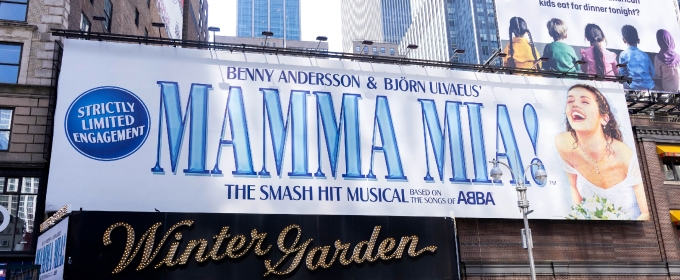 MAMMA MIA! Returns to the Winter Garden Theatre
The limited engagement will play for six months only, through Sunday, February 1, 2026.
MAMMA MIA! Returns to the Winter Garden Theatre
The limited engagement will play for six months only, through Sunday, February 1, 2026.
 First Look at the Revitalized Delacorte Theater
The Delacorte will officially reopen to the public on August 7, with Twelfth Night.
First Look at the Revitalized Delacorte Theater
The Delacorte will officially reopen to the public on August 7, with Twelfth Night.
 First Look at ROLLING THUNDER Musical Off-Broadway
Rolling Thunder began performances on Thursday, July 10 at New World Stages (340 W 50th St) ahead of its Thursday, July 24 opening.
First Look at ROLLING THUNDER Musical Off-Broadway
Rolling Thunder began performances on Thursday, July 10 at New World Stages (340 W 50th St) ahead of its Thursday, July 24 opening.
 In Rehearsals for Shakespeare in the Park's TWELFTH NIGHT
Twelfth Night will run August 7 through September 14, 2025.
In Rehearsals for Shakespeare in the Park's TWELFTH NIGHT
Twelfth Night will run August 7 through September 14, 2025.
 GINGER TWINSIES World Premiere First Look
Performances began on July 10, 2025, for the strictly limited, 16-week engagement through October 26, 2025.
GINGER TWINSIES World Premiere First Look
Performances began on July 10, 2025, for the strictly limited, 16-week engagement through October 26, 2025.
 MAMMA MIA! Returns to the Winter Garden Theatre
The limited engagement will play for six months only, through Sunday, February 1, 2026.
MAMMA MIA! Returns to the Winter Garden Theatre
The limited engagement will play for six months only, through Sunday, February 1, 2026.
 GINGER TWINSIES Celebrates Its Star-Studded Opening Night
The cast was joined by many familiar faces including Jesse Tyler Ferguson, Lin-Manuel Miranda, Busy Phillips, and more.
GINGER TWINSIES Celebrates Its Star-Studded Opening Night
The cast was joined by many familiar faces including Jesse Tyler Ferguson, Lin-Manuel Miranda, Busy Phillips, and more.
 First Look at ROLLING THUNDER Musical Off-Broadway
Rolling Thunder began performances on Thursday, July 10 at New World Stages (340 W 50th St) ahead of its Thursday, July 24 opening.
First Look at ROLLING THUNDER Musical Off-Broadway
Rolling Thunder began performances on Thursday, July 10 at New World Stages (340 W 50th St) ahead of its Thursday, July 24 opening.
 In Rehearsals for Shakespeare in the Park's TWELFTH NIGHT
Twelfth Night will run August 7 through September 14, 2025.
In Rehearsals for Shakespeare in the Park's TWELFTH NIGHT
Twelfth Night will run August 7 through September 14, 2025.
 GINGER TWINSIES World Premiere First Look
Performances began on July 10, 2025, for the strictly limited, 16-week engagement through October 26, 2025.
GINGER TWINSIES World Premiere First Look
Performances began on July 10, 2025, for the strictly limited, 16-week engagement through October 26, 2025.
 MAMMA MIA! Returns to the Winter Garden Theatre
The limited engagement will play for six months only, through Sunday, February 1, 2026.
MAMMA MIA! Returns to the Winter Garden Theatre
The limited engagement will play for six months only, through Sunday, February 1, 2026.
 GINGER TWINSIES Celebrates Its Star-Studded Opening Night
The cast was joined by many familiar faces including Jesse Tyler Ferguson, Lin-Manuel Miranda, Busy Phillips, and more.
GINGER TWINSIES Celebrates Its Star-Studded Opening Night
The cast was joined by many familiar faces including Jesse Tyler Ferguson, Lin-Manuel Miranda, Busy Phillips, and more.
 Inside Barrington Stage's Gala A NIGHT ON THE RED CARPET
The event was held on Monday, July 21.
Inside Barrington Stage's Gala A NIGHT ON THE RED CARPET
The event was held on Monday, July 21.
 In Rehearsals for Shakespeare in the Park's TWELFTH NIGHT
Twelfth Night will run August 7 through September 14, 2025.
In Rehearsals for Shakespeare in the Park's TWELFTH NIGHT
Twelfth Night will run August 7 through September 14, 2025.
 GINGER TWINSIES World Premiere First Look
Performances began on July 10, 2025, for the strictly limited, 16-week engagement through October 26, 2025.
GINGER TWINSIES World Premiere First Look
Performances began on July 10, 2025, for the strictly limited, 16-week engagement through October 26, 2025.
 MAMMA MIA! Returns to the Winter Garden Theatre
The limited engagement will play for six months only, through Sunday, February 1, 2026.
MAMMA MIA! Returns to the Winter Garden Theatre
The limited engagement will play for six months only, through Sunday, February 1, 2026.
 GINGER TWINSIES Celebrates Its Star-Studded Opening Night
The cast was joined by many familiar faces including Jesse Tyler Ferguson, Lin-Manuel Miranda, Busy Phillips, and more.
GINGER TWINSIES Celebrates Its Star-Studded Opening Night
The cast was joined by many familiar faces including Jesse Tyler Ferguson, Lin-Manuel Miranda, Busy Phillips, and more.
 Inside Barrington Stage's Gala A NIGHT ON THE RED CARPET
The event was held on Monday, July 21.
Inside Barrington Stage's Gala A NIGHT ON THE RED CARPET
The event was held on Monday, July 21.
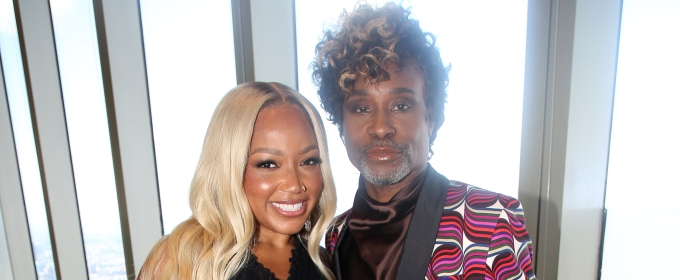 Porter and Wallace Meet the Press Ahead of CABARET Run
They began performances on Tuesday, July 22 and continue for the production’s final 13 weeks through Sunday, October 19.
Porter and Wallace Meet the Press Ahead of CABARET Run
They began performances on Tuesday, July 22 and continue for the production’s final 13 weeks through Sunday, October 19.
 GINGER TWINSIES World Premiere First Look
Performances began on July 10, 2025, for the strictly limited, 16-week engagement through October 26, 2025.
GINGER TWINSIES World Premiere First Look
Performances began on July 10, 2025, for the strictly limited, 16-week engagement through October 26, 2025.
 MAMMA MIA! Returns to the Winter Garden Theatre
The limited engagement will play for six months only, through Sunday, February 1, 2026.
MAMMA MIA! Returns to the Winter Garden Theatre
The limited engagement will play for six months only, through Sunday, February 1, 2026.
 GINGER TWINSIES Celebrates Its Star-Studded Opening Night
The cast was joined by many familiar faces including Jesse Tyler Ferguson, Lin-Manuel Miranda, Busy Phillips, and more.
GINGER TWINSIES Celebrates Its Star-Studded Opening Night
The cast was joined by many familiar faces including Jesse Tyler Ferguson, Lin-Manuel Miranda, Busy Phillips, and more.
 Inside Barrington Stage's Gala A NIGHT ON THE RED CARPET
The event was held on Monday, July 21.
Inside Barrington Stage's Gala A NIGHT ON THE RED CARPET
The event was held on Monday, July 21.
 Porter and Wallace Meet the Press Ahead of CABARET Run
They began performances on Tuesday, July 22 and continue for the production’s final 13 weeks through Sunday, October 19.
Porter and Wallace Meet the Press Ahead of CABARET Run
They began performances on Tuesday, July 22 and continue for the production’s final 13 weeks through Sunday, October 19.
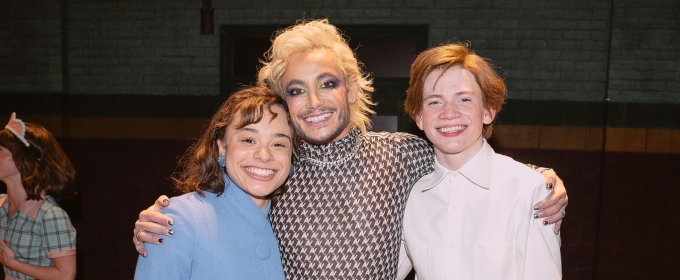 Frankie Grande Visits STRANGER THINGS: THE FIRST SHADOW
He saw the show two days in a row this week, bringing his mother Joan to the show to meet the cast as well.
Frankie Grande Visits STRANGER THINGS: THE FIRST SHADOW
He saw the show two days in a row this week, bringing his mother Joan to the show to meet the cast as well.
 MAMMA MIA! Returns to the Winter Garden Theatre
The limited engagement will play for six months only, through Sunday, February 1, 2026.
MAMMA MIA! Returns to the Winter Garden Theatre
The limited engagement will play for six months only, through Sunday, February 1, 2026.
 GINGER TWINSIES Celebrates Its Star-Studded Opening Night
The cast was joined by many familiar faces including Jesse Tyler Ferguson, Lin-Manuel Miranda, Busy Phillips, and more.
GINGER TWINSIES Celebrates Its Star-Studded Opening Night
The cast was joined by many familiar faces including Jesse Tyler Ferguson, Lin-Manuel Miranda, Busy Phillips, and more.
 Inside Barrington Stage's Gala A NIGHT ON THE RED CARPET
The event was held on Monday, July 21.
Inside Barrington Stage's Gala A NIGHT ON THE RED CARPET
The event was held on Monday, July 21.
 Porter and Wallace Meet the Press Ahead of CABARET Run
They began performances on Tuesday, July 22 and continue for the production’s final 13 weeks through Sunday, October 19.
Porter and Wallace Meet the Press Ahead of CABARET Run
They began performances on Tuesday, July 22 and continue for the production’s final 13 weeks through Sunday, October 19.
 Frankie Grande Visits STRANGER THINGS: THE FIRST SHADOW
He saw the show two days in a row this week, bringing his mother Joan to the show to meet the cast as well.
Frankie Grande Visits STRANGER THINGS: THE FIRST SHADOW
He saw the show two days in a row this week, bringing his mother Joan to the show to meet the cast as well.
 On the Opening Night Red Carpet for GINGER TWINSIES
Ginger Twinsies is running off-Broadway at the Orpheum Theatre.
On the Opening Night Red Carpet for GINGER TWINSIES
Ginger Twinsies is running off-Broadway at the Orpheum Theatre.
 GINGER TWINSIES Celebrates Its Star-Studded Opening Night
The cast was joined by many familiar faces including Jesse Tyler Ferguson, Lin-Manuel Miranda, Busy Phillips, and more.
GINGER TWINSIES Celebrates Its Star-Studded Opening Night
The cast was joined by many familiar faces including Jesse Tyler Ferguson, Lin-Manuel Miranda, Busy Phillips, and more.
 Inside Barrington Stage's Gala A NIGHT ON THE RED CARPET
The event was held on Monday, July 21.
Inside Barrington Stage's Gala A NIGHT ON THE RED CARPET
The event was held on Monday, July 21.
 Porter and Wallace Meet the Press Ahead of CABARET Run
They began performances on Tuesday, July 22 and continue for the production’s final 13 weeks through Sunday, October 19.
Porter and Wallace Meet the Press Ahead of CABARET Run
They began performances on Tuesday, July 22 and continue for the production’s final 13 weeks through Sunday, October 19.
 Frankie Grande Visits STRANGER THINGS: THE FIRST SHADOW
He saw the show two days in a row this week, bringing his mother Joan to the show to meet the cast as well.
Frankie Grande Visits STRANGER THINGS: THE FIRST SHADOW
He saw the show two days in a row this week, bringing his mother Joan to the show to meet the cast as well.
 On the Opening Night Red Carpet for GINGER TWINSIES
Ginger Twinsies is running off-Broadway at the Orpheum Theatre.
On the Opening Night Red Carpet for GINGER TWINSIES
Ginger Twinsies is running off-Broadway at the Orpheum Theatre.
 Taye Diggs and Wayne Brady in MOULIN ROUGE! THE MUSICAL
Taye Diggs plays through September 28, with Wayne Brady staying through November 9.
Taye Diggs and Wayne Brady in MOULIN ROUGE! THE MUSICAL
Taye Diggs plays through September 28, with Wayne Brady staying through November 9.
 Inside Barrington Stage's Gala A NIGHT ON THE RED CARPET
The event was held on Monday, July 21.
Inside Barrington Stage's Gala A NIGHT ON THE RED CARPET
The event was held on Monday, July 21.
 Porter and Wallace Meet the Press Ahead of CABARET Run
They began performances on Tuesday, July 22 and continue for the production’s final 13 weeks through Sunday, October 19.
Porter and Wallace Meet the Press Ahead of CABARET Run
They began performances on Tuesday, July 22 and continue for the production’s final 13 weeks through Sunday, October 19.
 Frankie Grande Visits STRANGER THINGS: THE FIRST SHADOW
He saw the show two days in a row this week, bringing his mother Joan to the show to meet the cast as well.
Frankie Grande Visits STRANGER THINGS: THE FIRST SHADOW
He saw the show two days in a row this week, bringing his mother Joan to the show to meet the cast as well.
 On the Opening Night Red Carpet for GINGER TWINSIES
Ginger Twinsies is running off-Broadway at the Orpheum Theatre.
On the Opening Night Red Carpet for GINGER TWINSIES
Ginger Twinsies is running off-Broadway at the Orpheum Theatre.
 Taye Diggs and Wayne Brady in MOULIN ROUGE! THE MUSICAL
Taye Diggs plays through September 28, with Wayne Brady staying through November 9.
Taye Diggs and Wayne Brady in MOULIN ROUGE! THE MUSICAL
Taye Diggs plays through September 28, with Wayne Brady staying through November 9.
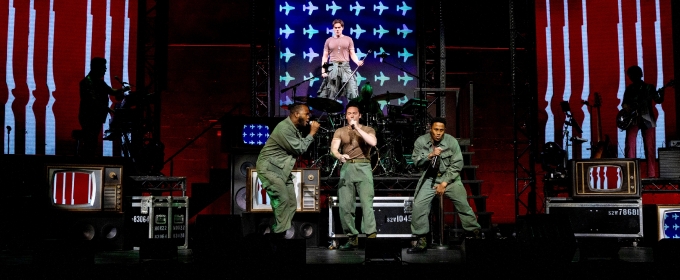 First Look at ROLLING THUNDER Off-Broadway
Rolling Thunder will open July 24 at New World Stages.
First Look at ROLLING THUNDER Off-Broadway
Rolling Thunder will open July 24 at New World Stages.
 Porter and Wallace Meet the Press Ahead of CABARET Run
They began performances on Tuesday, July 22 and continue for the production’s final 13 weeks through Sunday, October 19.
Porter and Wallace Meet the Press Ahead of CABARET Run
They began performances on Tuesday, July 22 and continue for the production’s final 13 weeks through Sunday, October 19.
 Frankie Grande Visits STRANGER THINGS: THE FIRST SHADOW
He saw the show two days in a row this week, bringing his mother Joan to the show to meet the cast as well.
Frankie Grande Visits STRANGER THINGS: THE FIRST SHADOW
He saw the show two days in a row this week, bringing his mother Joan to the show to meet the cast as well.
 On the Opening Night Red Carpet for GINGER TWINSIES
Ginger Twinsies is running off-Broadway at the Orpheum Theatre.
On the Opening Night Red Carpet for GINGER TWINSIES
Ginger Twinsies is running off-Broadway at the Orpheum Theatre.
 Taye Diggs and Wayne Brady in MOULIN ROUGE! THE MUSICAL
Taye Diggs plays through September 28, with Wayne Brady staying through November 9.
Taye Diggs and Wayne Brady in MOULIN ROUGE! THE MUSICAL
Taye Diggs plays through September 28, with Wayne Brady staying through November 9.
 First Look at ROLLING THUNDER Off-Broadway
Rolling Thunder will open July 24 at New World Stages.
First Look at ROLLING THUNDER Off-Broadway
Rolling Thunder will open July 24 at New World Stages.
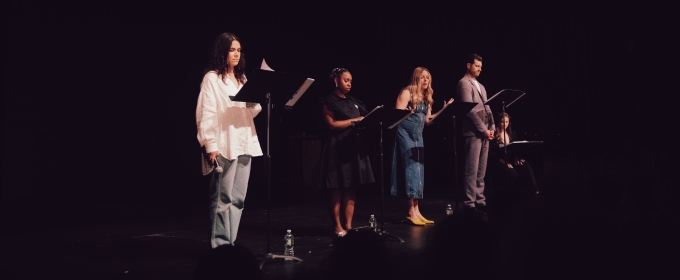 A PLAY ABOUT DAVID MAMET... Reading
Directed by Leslye Headland, the four-person cast featured Abbi Jacobson, Heléne Yorke, Billy Eichner and Paige Gilbert.
A PLAY ABOUT DAVID MAMET... Reading
Directed by Leslye Headland, the four-person cast featured Abbi Jacobson, Heléne Yorke, Billy Eichner and Paige Gilbert.
 Frankie Grande Visits STRANGER THINGS: THE FIRST SHADOW
He saw the show two days in a row this week, bringing his mother Joan to the show to meet the cast as well.
Frankie Grande Visits STRANGER THINGS: THE FIRST SHADOW
He saw the show two days in a row this week, bringing his mother Joan to the show to meet the cast as well.
 On the Opening Night Red Carpet for GINGER TWINSIES
Ginger Twinsies is running off-Broadway at the Orpheum Theatre.
On the Opening Night Red Carpet for GINGER TWINSIES
Ginger Twinsies is running off-Broadway at the Orpheum Theatre.
 Taye Diggs and Wayne Brady in MOULIN ROUGE! THE MUSICAL
Taye Diggs plays through September 28, with Wayne Brady staying through November 9.
Taye Diggs and Wayne Brady in MOULIN ROUGE! THE MUSICAL
Taye Diggs plays through September 28, with Wayne Brady staying through November 9.
 First Look at ROLLING THUNDER Off-Broadway
Rolling Thunder will open July 24 at New World Stages.
First Look at ROLLING THUNDER Off-Broadway
Rolling Thunder will open July 24 at New World Stages.
 A PLAY ABOUT DAVID MAMET... Reading
Directed by Leslye Headland, the four-person cast featured Abbi Jacobson, Heléne Yorke, Billy Eichner and Paige Gilbert.
A PLAY ABOUT DAVID MAMET... Reading
Directed by Leslye Headland, the four-person cast featured Abbi Jacobson, Heléne Yorke, Billy Eichner and Paige Gilbert.
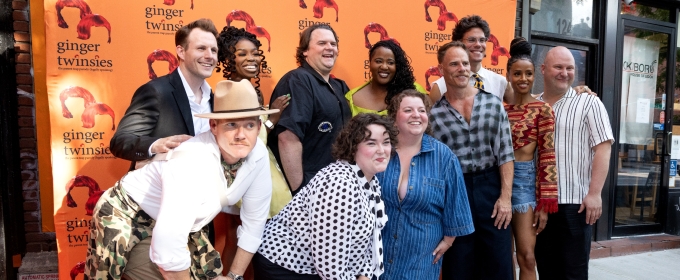 GINGER TWINSIES Company Celebrates Opening Night
Ginger Twinsies is running off-Broadway at the Orpheum Theatre.
GINGER TWINSIES Company Celebrates Opening Night
Ginger Twinsies is running off-Broadway at the Orpheum Theatre.
 On the Opening Night Red Carpet for GINGER TWINSIES
Ginger Twinsies is running off-Broadway at the Orpheum Theatre.
On the Opening Night Red Carpet for GINGER TWINSIES
Ginger Twinsies is running off-Broadway at the Orpheum Theatre.
 Taye Diggs and Wayne Brady in MOULIN ROUGE! THE MUSICAL
Taye Diggs plays through September 28, with Wayne Brady staying through November 9.
Taye Diggs and Wayne Brady in MOULIN ROUGE! THE MUSICAL
Taye Diggs plays through September 28, with Wayne Brady staying through November 9.
 First Look at ROLLING THUNDER Off-Broadway
Rolling Thunder will open July 24 at New World Stages.
First Look at ROLLING THUNDER Off-Broadway
Rolling Thunder will open July 24 at New World Stages.
 A PLAY ABOUT DAVID MAMET... Reading
Directed by Leslye Headland, the four-person cast featured Abbi Jacobson, Heléne Yorke, Billy Eichner and Paige Gilbert.
A PLAY ABOUT DAVID MAMET... Reading
Directed by Leslye Headland, the four-person cast featured Abbi Jacobson, Heléne Yorke, Billy Eichner and Paige Gilbert.
 GINGER TWINSIES Company Celebrates Opening Night
Ginger Twinsies is running off-Broadway at the Orpheum Theatre.
GINGER TWINSIES Company Celebrates Opening Night
Ginger Twinsies is running off-Broadway at the Orpheum Theatre.
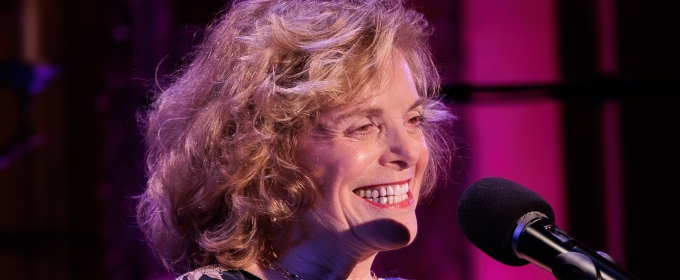 Broadway's Carole Demas Makes Solo Cabaret Debut in FIREFLY at 54 Below
The unforgettable show, celebrating the star's long Broadway and TV career, returns 9/6
Broadway's Carole Demas Makes Solo Cabaret Debut in FIREFLY at 54 Below
The unforgettable show, celebrating the star's long Broadway and TV career, returns 9/6
 Taye Diggs and Wayne Brady in MOULIN ROUGE! THE MUSICAL
Taye Diggs plays through September 28, with Wayne Brady staying through November 9.
Taye Diggs and Wayne Brady in MOULIN ROUGE! THE MUSICAL
Taye Diggs plays through September 28, with Wayne Brady staying through November 9.
 First Look at ROLLING THUNDER Off-Broadway
Rolling Thunder will open July 24 at New World Stages.
First Look at ROLLING THUNDER Off-Broadway
Rolling Thunder will open July 24 at New World Stages.
 A PLAY ABOUT DAVID MAMET... Reading
Directed by Leslye Headland, the four-person cast featured Abbi Jacobson, Heléne Yorke, Billy Eichner and Paige Gilbert.
A PLAY ABOUT DAVID MAMET... Reading
Directed by Leslye Headland, the four-person cast featured Abbi Jacobson, Heléne Yorke, Billy Eichner and Paige Gilbert.
 GINGER TWINSIES Company Celebrates Opening Night
Ginger Twinsies is running off-Broadway at the Orpheum Theatre.
GINGER TWINSIES Company Celebrates Opening Night
Ginger Twinsies is running off-Broadway at the Orpheum Theatre.
 Broadway's Carole Demas Makes Solo Cabaret Debut in FIREFLY at 54 Below
The unforgettable show, celebrating the star's long Broadway and TV career, returns 9/6
Broadway's Carole Demas Makes Solo Cabaret Debut in FIREFLY at 54 Below
The unforgettable show, celebrating the star's long Broadway and TV career, returns 9/6
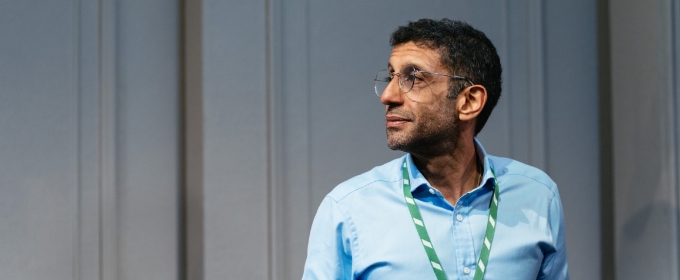 Adeel Akhtar and More in THE ESTATE at the National Theatre
The Estate will run in the Dorfman theatre until 23 August 2025.
Adeel Akhtar and More in THE ESTATE at the National Theatre
The Estate will run in the Dorfman theatre until 23 August 2025.
 First Look at ROLLING THUNDER Off-Broadway
Rolling Thunder will open July 24 at New World Stages.
First Look at ROLLING THUNDER Off-Broadway
Rolling Thunder will open July 24 at New World Stages.
 A PLAY ABOUT DAVID MAMET... Reading
Directed by Leslye Headland, the four-person cast featured Abbi Jacobson, Heléne Yorke, Billy Eichner and Paige Gilbert.
A PLAY ABOUT DAVID MAMET... Reading
Directed by Leslye Headland, the four-person cast featured Abbi Jacobson, Heléne Yorke, Billy Eichner and Paige Gilbert.
 GINGER TWINSIES Company Celebrates Opening Night
Ginger Twinsies is running off-Broadway at the Orpheum Theatre.
GINGER TWINSIES Company Celebrates Opening Night
Ginger Twinsies is running off-Broadway at the Orpheum Theatre.
 Broadway's Carole Demas Makes Solo Cabaret Debut in FIREFLY at 54 Below
The unforgettable show, celebrating the star's long Broadway and TV career, returns 9/6
Broadway's Carole Demas Makes Solo Cabaret Debut in FIREFLY at 54 Below
The unforgettable show, celebrating the star's long Broadway and TV career, returns 9/6
 Adeel Akhtar and More in THE ESTATE at the National Theatre
The Estate will run in the Dorfman theatre until 23 August 2025.
Adeel Akhtar and More in THE ESTATE at the National Theatre
The Estate will run in the Dorfman theatre until 23 August 2025.
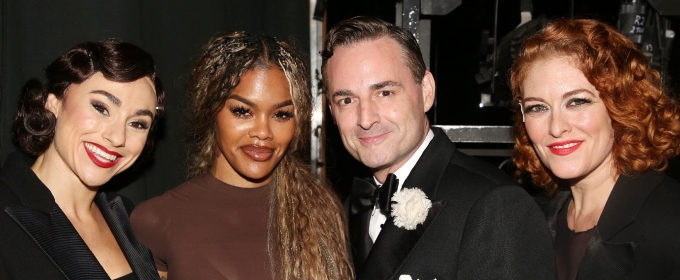 Teyana Taylor & Aaron Pierre Visit CHICAGO on Broadway
Chicago is currently running on Broadway at the Ambassador Theatre.
Teyana Taylor & Aaron Pierre Visit CHICAGO on Broadway
Chicago is currently running on Broadway at the Ambassador Theatre.
 A PLAY ABOUT DAVID MAMET... Reading
Directed by Leslye Headland, the four-person cast featured Abbi Jacobson, Heléne Yorke, Billy Eichner and Paige Gilbert.
A PLAY ABOUT DAVID MAMET... Reading
Directed by Leslye Headland, the four-person cast featured Abbi Jacobson, Heléne Yorke, Billy Eichner and Paige Gilbert.
 GINGER TWINSIES Company Celebrates Opening Night
Ginger Twinsies is running off-Broadway at the Orpheum Theatre.
GINGER TWINSIES Company Celebrates Opening Night
Ginger Twinsies is running off-Broadway at the Orpheum Theatre.
 Broadway's Carole Demas Makes Solo Cabaret Debut in FIREFLY at 54 Below
The unforgettable show, celebrating the star's long Broadway and TV career, returns 9/6
Broadway's Carole Demas Makes Solo Cabaret Debut in FIREFLY at 54 Below
The unforgettable show, celebrating the star's long Broadway and TV career, returns 9/6
 Adeel Akhtar and More in THE ESTATE at the National Theatre
The Estate will run in the Dorfman theatre until 23 August 2025.
Adeel Akhtar and More in THE ESTATE at the National Theatre
The Estate will run in the Dorfman theatre until 23 August 2025.
 Teyana Taylor & Aaron Pierre Visit CHICAGO on Broadway
Chicago is currently running on Broadway at the Ambassador Theatre.
Teyana Taylor & Aaron Pierre Visit CHICAGO on Broadway
Chicago is currently running on Broadway at the Ambassador Theatre.
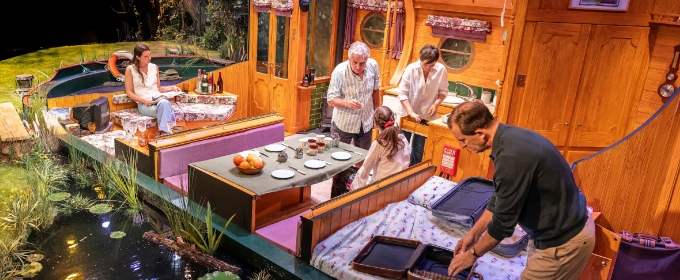 DON'T ROCK THE BOAT at the The Mill at Sonning Theatre
Performances will run through September 6.
DON'T ROCK THE BOAT at the The Mill at Sonning Theatre
Performances will run through September 6.
 GINGER TWINSIES Company Celebrates Opening Night
Ginger Twinsies is running off-Broadway at the Orpheum Theatre.
GINGER TWINSIES Company Celebrates Opening Night
Ginger Twinsies is running off-Broadway at the Orpheum Theatre.
 Broadway's Carole Demas Makes Solo Cabaret Debut in FIREFLY at 54 Below
The unforgettable show, celebrating the star's long Broadway and TV career, returns 9/6
Broadway's Carole Demas Makes Solo Cabaret Debut in FIREFLY at 54 Below
The unforgettable show, celebrating the star's long Broadway and TV career, returns 9/6
 Adeel Akhtar and More in THE ESTATE at the National Theatre
The Estate will run in the Dorfman theatre until 23 August 2025.
Adeel Akhtar and More in THE ESTATE at the National Theatre
The Estate will run in the Dorfman theatre until 23 August 2025.
 Teyana Taylor & Aaron Pierre Visit CHICAGO on Broadway
Chicago is currently running on Broadway at the Ambassador Theatre.
Teyana Taylor & Aaron Pierre Visit CHICAGO on Broadway
Chicago is currently running on Broadway at the Ambassador Theatre.
 DON'T ROCK THE BOAT at the The Mill at Sonning Theatre
Performances will run through September 6.
DON'T ROCK THE BOAT at the The Mill at Sonning Theatre
Performances will run through September 6.
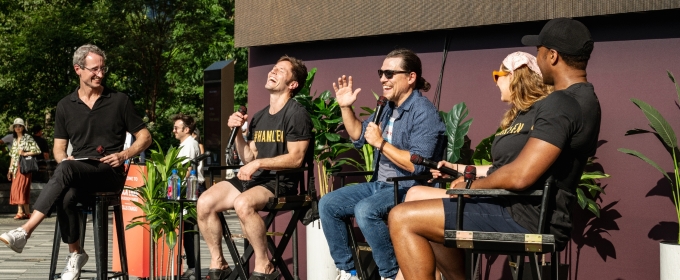 HAMILTON Cast Joins Talkback at Hudson Yards
Events are all free and open to the public.
HAMILTON Cast Joins Talkback at Hudson Yards
Events are all free and open to the public.
 Broadway's Carole Demas Makes Solo Cabaret Debut in FIREFLY at 54 Below
The unforgettable show, celebrating the star's long Broadway and TV career, returns 9/6
Broadway's Carole Demas Makes Solo Cabaret Debut in FIREFLY at 54 Below
The unforgettable show, celebrating the star's long Broadway and TV career, returns 9/6
 Adeel Akhtar and More in THE ESTATE at the National Theatre
The Estate will run in the Dorfman theatre until 23 August 2025.
Adeel Akhtar and More in THE ESTATE at the National Theatre
The Estate will run in the Dorfman theatre until 23 August 2025.
 Teyana Taylor & Aaron Pierre Visit CHICAGO on Broadway
Chicago is currently running on Broadway at the Ambassador Theatre.
Teyana Taylor & Aaron Pierre Visit CHICAGO on Broadway
Chicago is currently running on Broadway at the Ambassador Theatre.
 DON'T ROCK THE BOAT at the The Mill at Sonning Theatre
Performances will run through September 6.
DON'T ROCK THE BOAT at the The Mill at Sonning Theatre
Performances will run through September 6.
 HAMILTON Cast Joins Talkback at Hudson Yards
Events are all free and open to the public.
HAMILTON Cast Joins Talkback at Hudson Yards
Events are all free and open to the public.
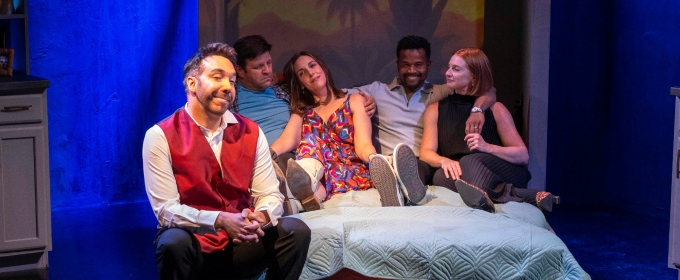 Ryan O’Connor-Helmed MENAGE A QUATRE at the Davidson/Valentini Theatre
MÉNAGE À QUATRE will perform through Sunday, August 17 at the Davidson/Valentini Theatre at the Los Angeles LGBT Center.
Ryan O’Connor-Helmed MENAGE A QUATRE at the Davidson/Valentini Theatre
MÉNAGE À QUATRE will perform through Sunday, August 17 at the Davidson/Valentini Theatre at the Los Angeles LGBT Center.
 Adeel Akhtar and More in THE ESTATE at the National Theatre
The Estate will run in the Dorfman theatre until 23 August 2025.
Adeel Akhtar and More in THE ESTATE at the National Theatre
The Estate will run in the Dorfman theatre until 23 August 2025.
 Teyana Taylor & Aaron Pierre Visit CHICAGO on Broadway
Chicago is currently running on Broadway at the Ambassador Theatre.
Teyana Taylor & Aaron Pierre Visit CHICAGO on Broadway
Chicago is currently running on Broadway at the Ambassador Theatre.
 DON'T ROCK THE BOAT at the The Mill at Sonning Theatre
Performances will run through September 6.
DON'T ROCK THE BOAT at the The Mill at Sonning Theatre
Performances will run through September 6.
 HAMILTON Cast Joins Talkback at Hudson Yards
Events are all free and open to the public.
HAMILTON Cast Joins Talkback at Hudson Yards
Events are all free and open to the public.
 Ryan O’Connor-Helmed MENAGE A QUATRE at the Davidson/Valentini Theatre
MÉNAGE À QUATRE will perform through Sunday, August 17 at the Davidson/Valentini Theatre at the Los Angeles LGBT Center.
Ryan O’Connor-Helmed MENAGE A QUATRE at the Davidson/Valentini Theatre
MÉNAGE À QUATRE will perform through Sunday, August 17 at the Davidson/Valentini Theatre at the Los Angeles LGBT Center.
 Photo: First Look at DOLLY: A TRUE ORIGINAL MUSICAL
Get a First look at Carrie St. Louis as ‘Dolly,’ Katie Rose Clarke as ‘Dolly Parton,’ and Quinn Titcomb as ‘Little Dolly.’
Photo: First Look at DOLLY: A TRUE ORIGINAL MUSICAL
Get a First look at Carrie St. Louis as ‘Dolly,’ Katie Rose Clarke as ‘Dolly Parton,’ and Quinn Titcomb as ‘Little Dolly.’
 Teyana Taylor & Aaron Pierre Visit CHICAGO on Broadway
Chicago is currently running on Broadway at the Ambassador Theatre.
Teyana Taylor & Aaron Pierre Visit CHICAGO on Broadway
Chicago is currently running on Broadway at the Ambassador Theatre.
 DON'T ROCK THE BOAT at the The Mill at Sonning Theatre
Performances will run through September 6.
DON'T ROCK THE BOAT at the The Mill at Sonning Theatre
Performances will run through September 6.
 HAMILTON Cast Joins Talkback at Hudson Yards
Events are all free and open to the public.
HAMILTON Cast Joins Talkback at Hudson Yards
Events are all free and open to the public.
 Ryan O’Connor-Helmed MENAGE A QUATRE at the Davidson/Valentini Theatre
MÉNAGE À QUATRE will perform through Sunday, August 17 at the Davidson/Valentini Theatre at the Los Angeles LGBT Center.
Ryan O’Connor-Helmed MENAGE A QUATRE at the Davidson/Valentini Theatre
MÉNAGE À QUATRE will perform through Sunday, August 17 at the Davidson/Valentini Theatre at the Los Angeles LGBT Center.
 Photo: First Look at DOLLY: A TRUE ORIGINAL MUSICAL
Get a First look at Carrie St. Louis as ‘Dolly,’ Katie Rose Clarke as ‘Dolly Parton,’ and Quinn Titcomb as ‘Little Dolly.’
Photo: First Look at DOLLY: A TRUE ORIGINAL MUSICAL
Get a First look at Carrie St. Louis as ‘Dolly,’ Katie Rose Clarke as ‘Dolly Parton,’ and Quinn Titcomb as ‘Little Dolly.’
 First Look at EVITA at The Muny
Performances run July 18-24.
First Look at EVITA at The Muny
Performances run July 18-24.
 DON'T ROCK THE BOAT at the The Mill at Sonning Theatre
Performances will run through September 6.
DON'T ROCK THE BOAT at the The Mill at Sonning Theatre
Performances will run through September 6.
 HAMILTON Cast Joins Talkback at Hudson Yards
Events are all free and open to the public.
HAMILTON Cast Joins Talkback at Hudson Yards
Events are all free and open to the public.
 Ryan O’Connor-Helmed MENAGE A QUATRE at the Davidson/Valentini Theatre
MÉNAGE À QUATRE will perform through Sunday, August 17 at the Davidson/Valentini Theatre at the Los Angeles LGBT Center.
Ryan O’Connor-Helmed MENAGE A QUATRE at the Davidson/Valentini Theatre
MÉNAGE À QUATRE will perform through Sunday, August 17 at the Davidson/Valentini Theatre at the Los Angeles LGBT Center.
 Photo: First Look at DOLLY: A TRUE ORIGINAL MUSICAL
Get a First look at Carrie St. Louis as ‘Dolly,’ Katie Rose Clarke as ‘Dolly Parton,’ and Quinn Titcomb as ‘Little Dolly.’
Photo: First Look at DOLLY: A TRUE ORIGINAL MUSICAL
Get a First look at Carrie St. Louis as ‘Dolly,’ Katie Rose Clarke as ‘Dolly Parton,’ and Quinn Titcomb as ‘Little Dolly.’
 First Look at EVITA at The Muny
Performances run July 18-24.
First Look at EVITA at The Muny
Performances run July 18-24.
 Scherzinger and the Cast of SUNSET BLVD. Take Final Bow
The show played its final performance on July 20 at the St. James Theatre following 20 previews and 312 regular performances.
Scherzinger and the Cast of SUNSET BLVD. Take Final Bow
The show played its final performance on July 20 at the St. James Theatre following 20 previews and 312 regular performances.
 HAMILTON Cast Joins Talkback at Hudson Yards
Events are all free and open to the public.
HAMILTON Cast Joins Talkback at Hudson Yards
Events are all free and open to the public.
 Ryan O’Connor-Helmed MENAGE A QUATRE at the Davidson/Valentini Theatre
MÉNAGE À QUATRE will perform through Sunday, August 17 at the Davidson/Valentini Theatre at the Los Angeles LGBT Center.
Ryan O’Connor-Helmed MENAGE A QUATRE at the Davidson/Valentini Theatre
MÉNAGE À QUATRE will perform through Sunday, August 17 at the Davidson/Valentini Theatre at the Los Angeles LGBT Center.
 Photo: First Look at DOLLY: A TRUE ORIGINAL MUSICAL
Get a First look at Carrie St. Louis as ‘Dolly,’ Katie Rose Clarke as ‘Dolly Parton,’ and Quinn Titcomb as ‘Little Dolly.’
Photo: First Look at DOLLY: A TRUE ORIGINAL MUSICAL
Get a First look at Carrie St. Louis as ‘Dolly,’ Katie Rose Clarke as ‘Dolly Parton,’ and Quinn Titcomb as ‘Little Dolly.’
 First Look at EVITA at The Muny
Performances run July 18-24.
First Look at EVITA at The Muny
Performances run July 18-24.
 Scherzinger and the Cast of SUNSET BLVD. Take Final Bow
The show played its final performance on July 20 at the St. James Theatre following 20 previews and 312 regular performances.
Scherzinger and the Cast of SUNSET BLVD. Take Final Bow
The show played its final performance on July 20 at the St. James Theatre following 20 previews and 312 regular performances.
 Billy Porter and Marisha Wallace in CABARET
Porter and Wallace begin performances on Tuesday, July 22.
Billy Porter and Marisha Wallace in CABARET
Porter and Wallace begin performances on Tuesday, July 22.
 Ryan O’Connor-Helmed MENAGE A QUATRE at the Davidson/Valentini Theatre
MÉNAGE À QUATRE will perform through Sunday, August 17 at the Davidson/Valentini Theatre at the Los Angeles LGBT Center.
Ryan O’Connor-Helmed MENAGE A QUATRE at the Davidson/Valentini Theatre
MÉNAGE À QUATRE will perform through Sunday, August 17 at the Davidson/Valentini Theatre at the Los Angeles LGBT Center.
 Photo: First Look at DOLLY: A TRUE ORIGINAL MUSICAL
Get a First look at Carrie St. Louis as ‘Dolly,’ Katie Rose Clarke as ‘Dolly Parton,’ and Quinn Titcomb as ‘Little Dolly.’
Photo: First Look at DOLLY: A TRUE ORIGINAL MUSICAL
Get a First look at Carrie St. Louis as ‘Dolly,’ Katie Rose Clarke as ‘Dolly Parton,’ and Quinn Titcomb as ‘Little Dolly.’
 First Look at EVITA at The Muny
Performances run July 18-24.
First Look at EVITA at The Muny
Performances run July 18-24.
 Scherzinger and the Cast of SUNSET BLVD. Take Final Bow
The show played its final performance on July 20 at the St. James Theatre following 20 previews and 312 regular performances.
Scherzinger and the Cast of SUNSET BLVD. Take Final Bow
The show played its final performance on July 20 at the St. James Theatre following 20 previews and 312 regular performances.
 Billy Porter and Marisha Wallace in CABARET
Porter and Wallace begin performances on Tuesday, July 22.
Billy Porter and Marisha Wallace in CABARET
Porter and Wallace begin performances on Tuesday, July 22.
 The Hollywood Museum Opens Marx Brothers Exhibit LEGENDS OF LAUGHTER
Exhibit features rare memorabilia, original costumes, and family tributes to comedy legends.
The Hollywood Museum Opens Marx Brothers Exhibit LEGENDS OF LAUGHTER
Exhibit features rare memorabilia, original costumes, and family tributes to comedy legends.
Industry
Get Broadway's #1 Newsletter

West End
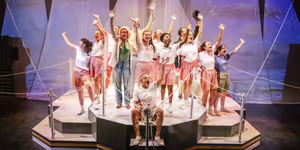
Review: MAIDEN VOYAGE, Southwark Playhouse Elephant
Did we need a nautical girl power biographical musical? Probably not
Did we need a nautical girl power biographical musical? Probably not
New York City
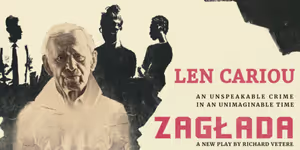
Len Cariou Leads NY Premiere of Richard Vetere’s ZAGALDA At American Theatre of Actors
The Holocaust-inspired drama will run October 16–November 2.
The Holocaust-inspired drama will run October 16–November 2.
United States
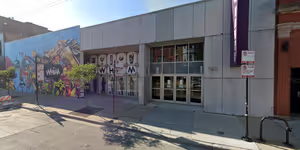
Stage 773 in Chicago Slated for Demolition Amid Ongoing Theater Closures
The venue in Lakeview may be replaced by apartments, marking another loss in Chicago's shrinking roster of historic theaters.
The venue in Lakeview may be replaced by apartments, marking another loss in Chicago's shrinking roster of historic theaters.
International
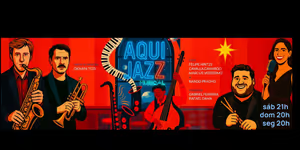
AQUI JAZZ Opens at Teatro Itália: A Heartfelt Musical Blending Jazz, Family, and Life's Surprises
By Claudio Erlichman. The production runs from July 28th trough September 01st, at Teatro Itália.
By Claudio Erlichman. The production runs from July 28th trough September 01st, at Teatro Itália.


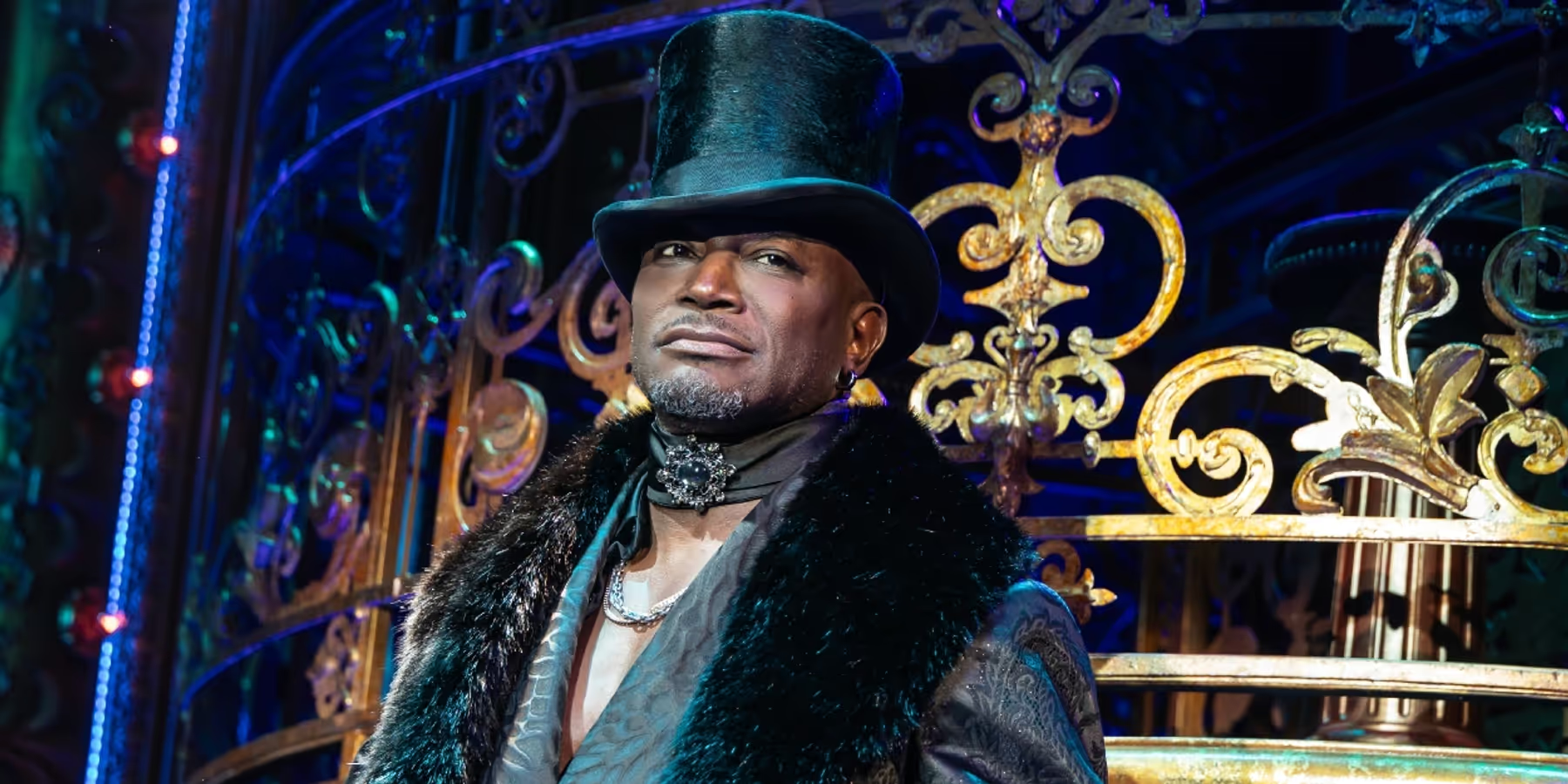
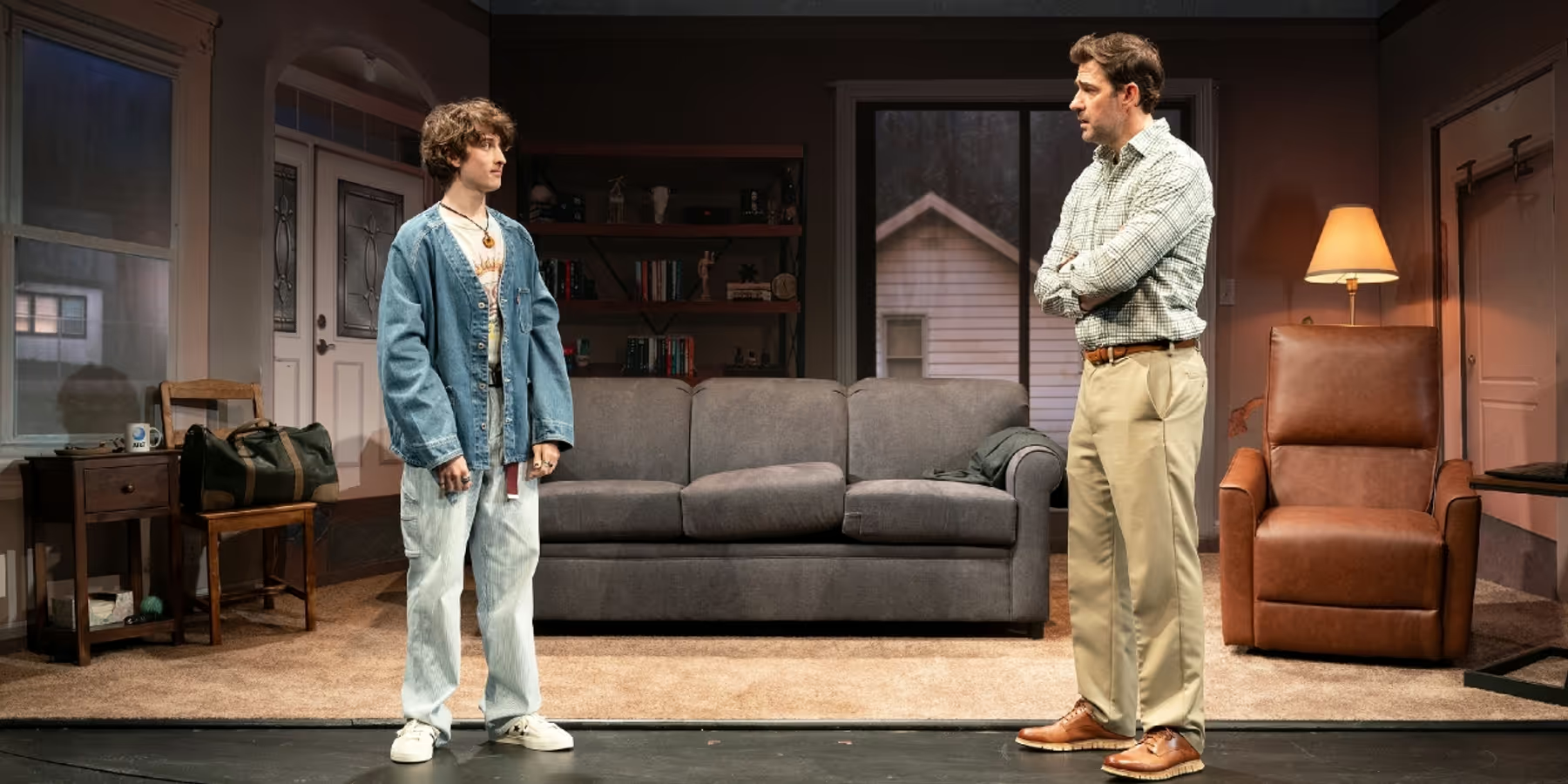

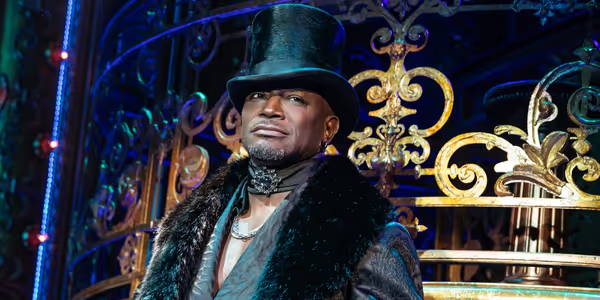
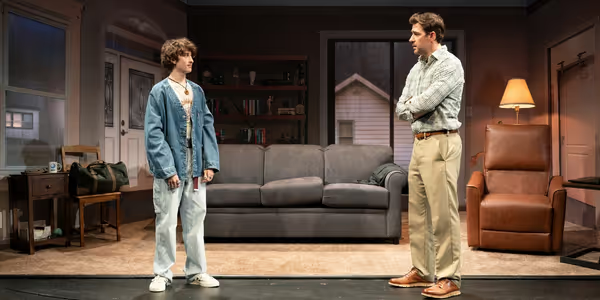


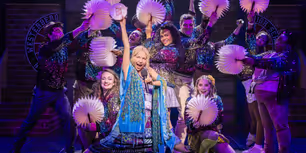


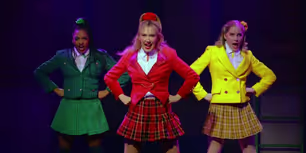

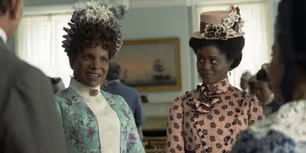
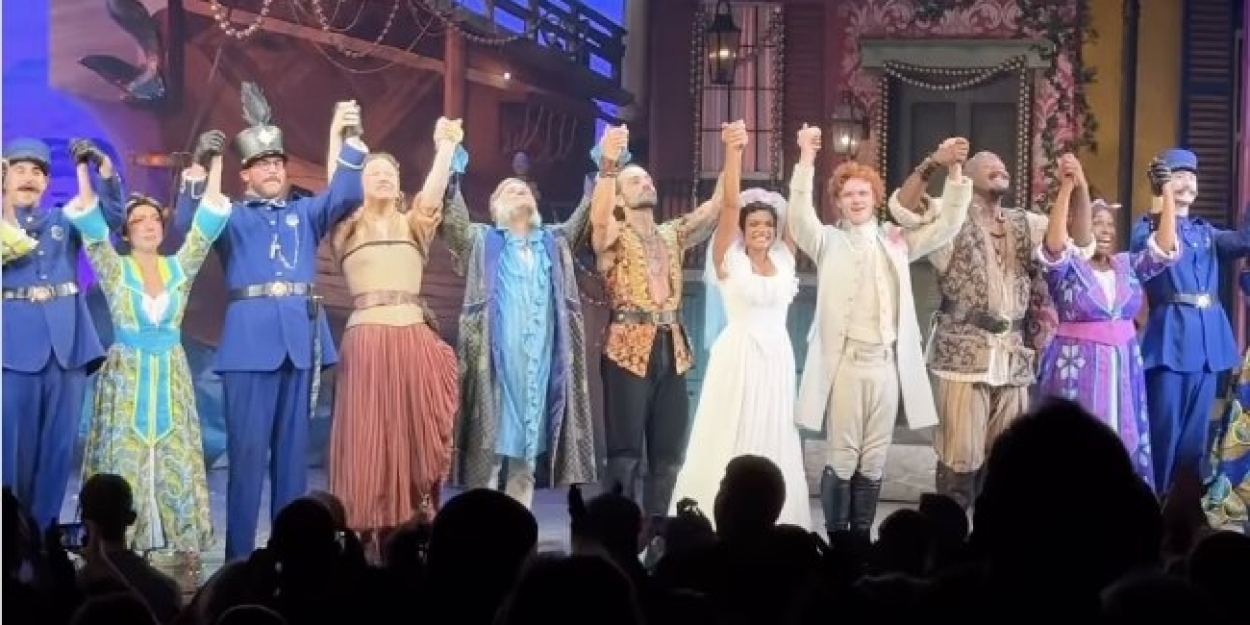
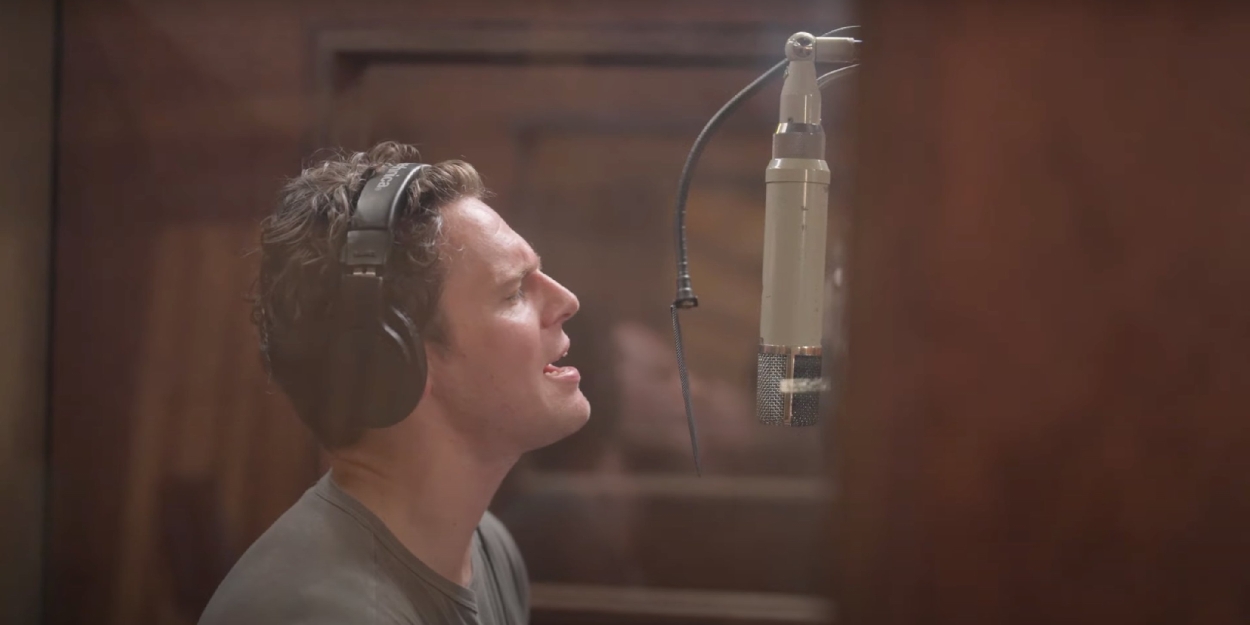
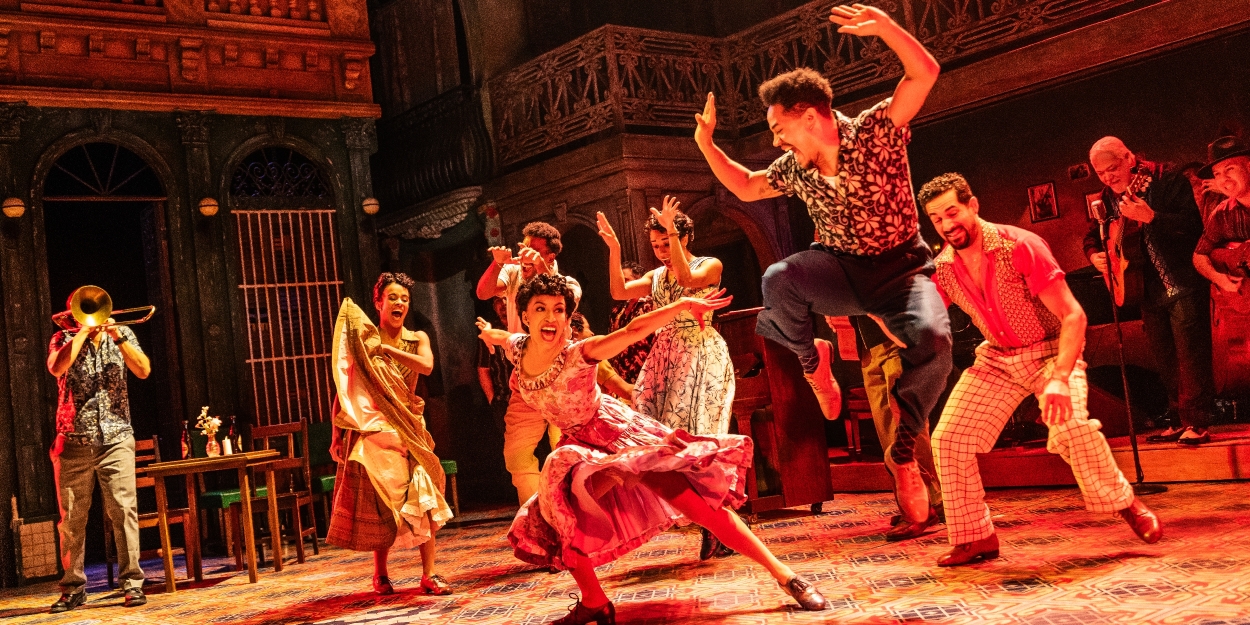
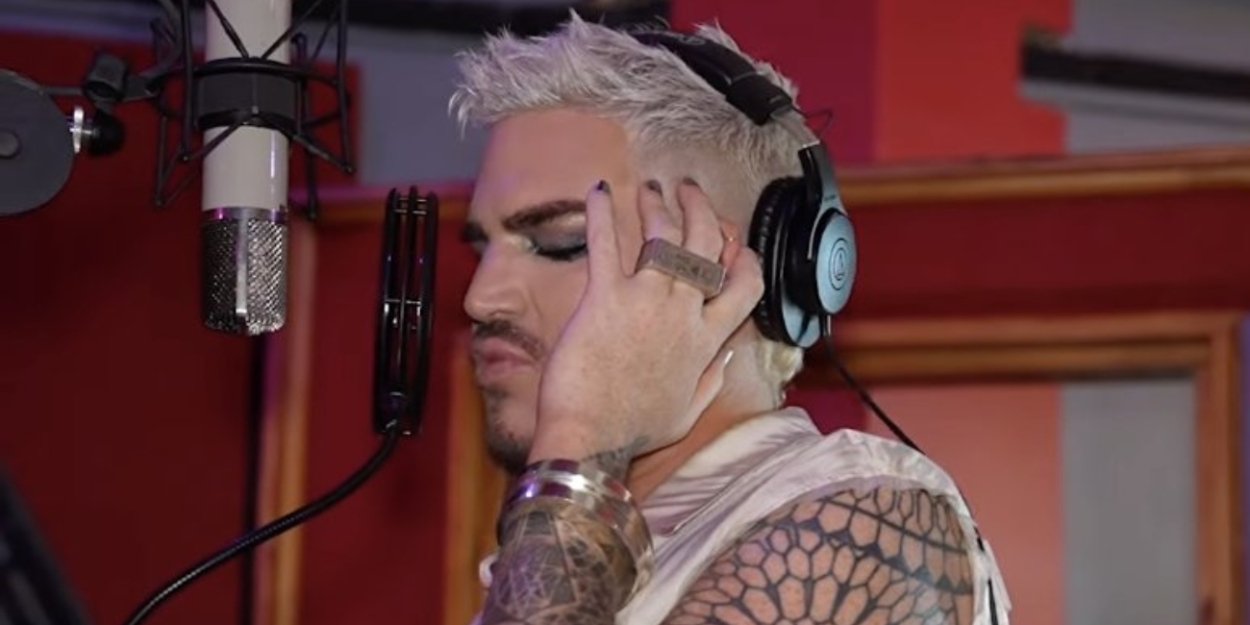
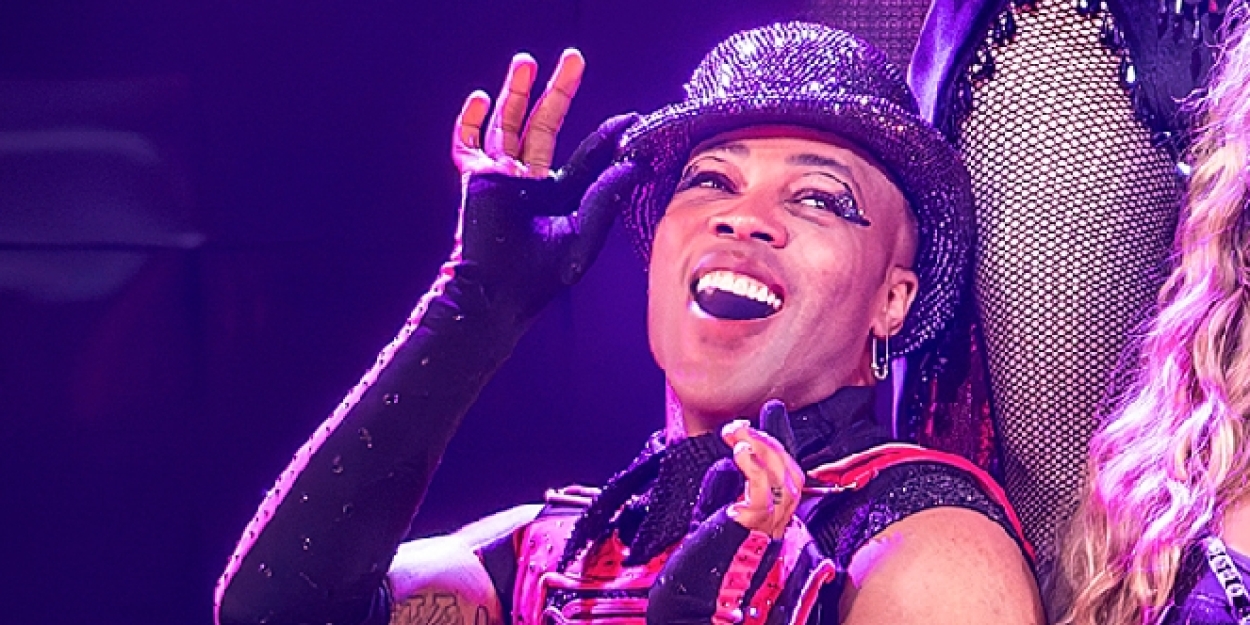
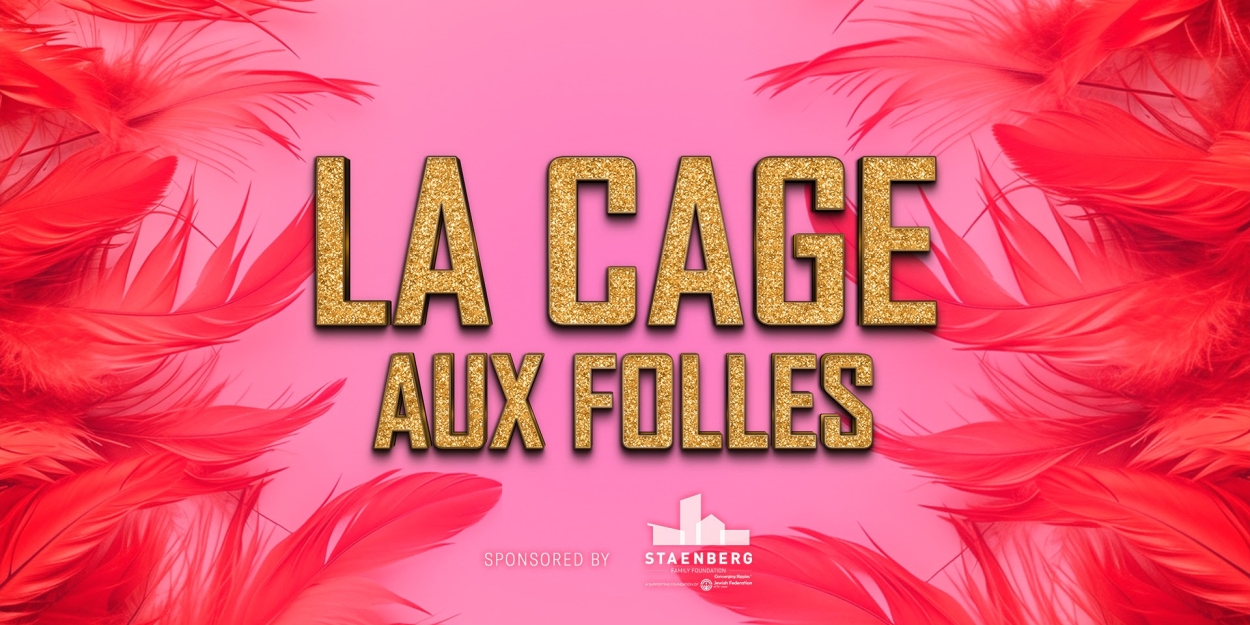
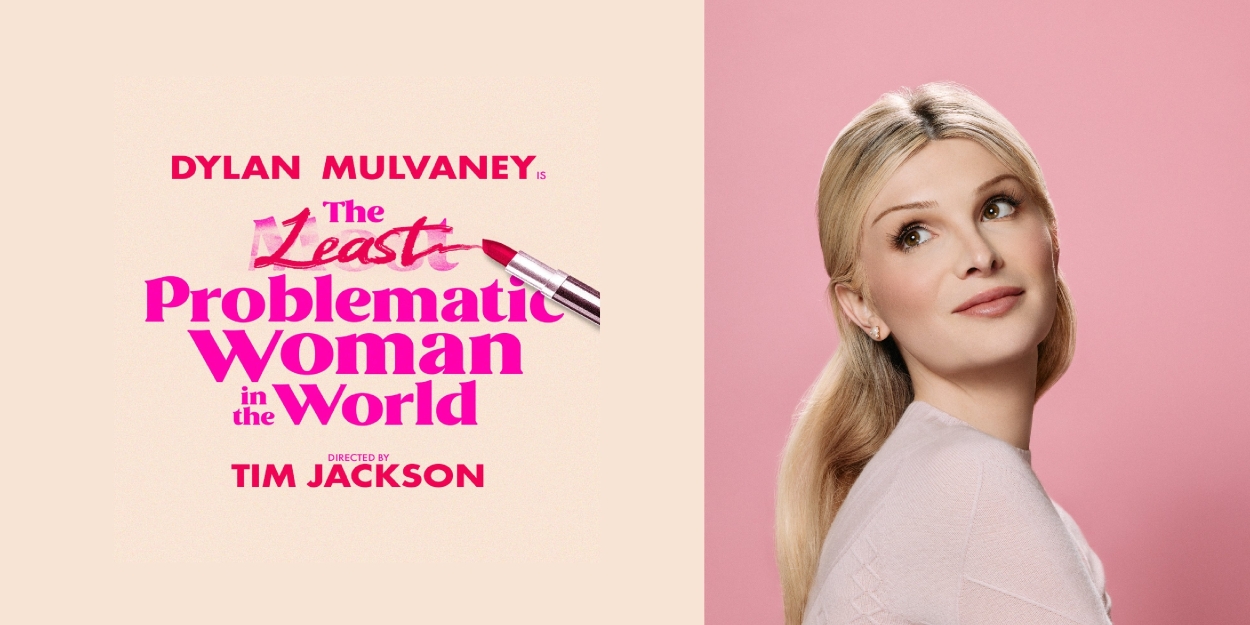
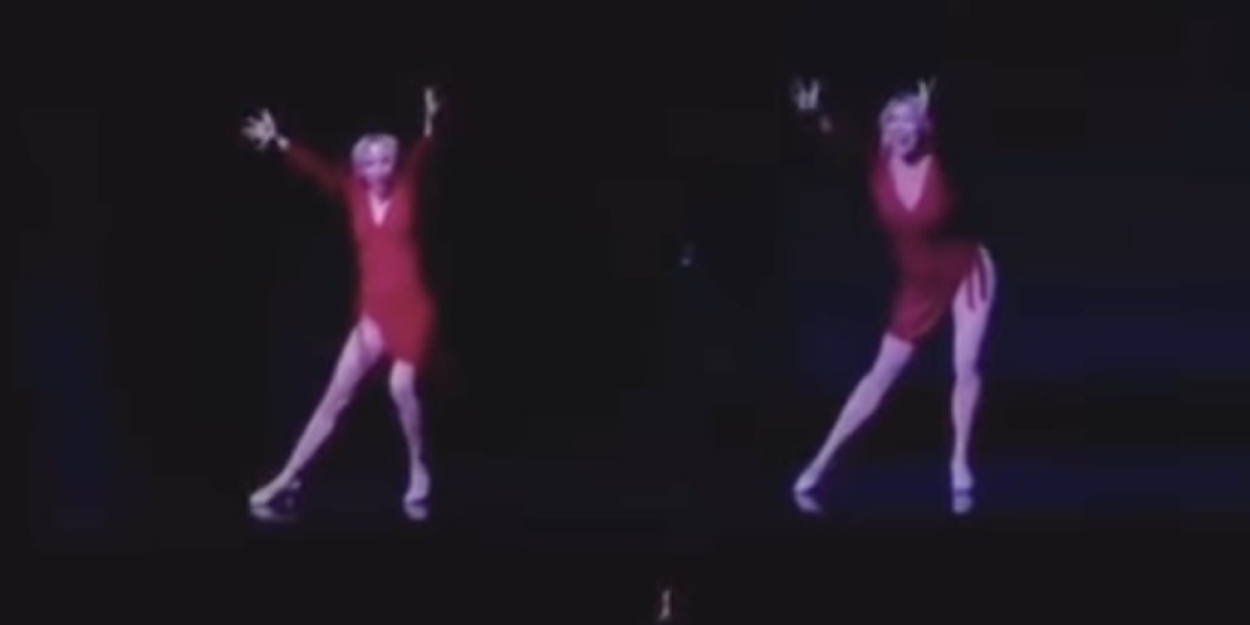

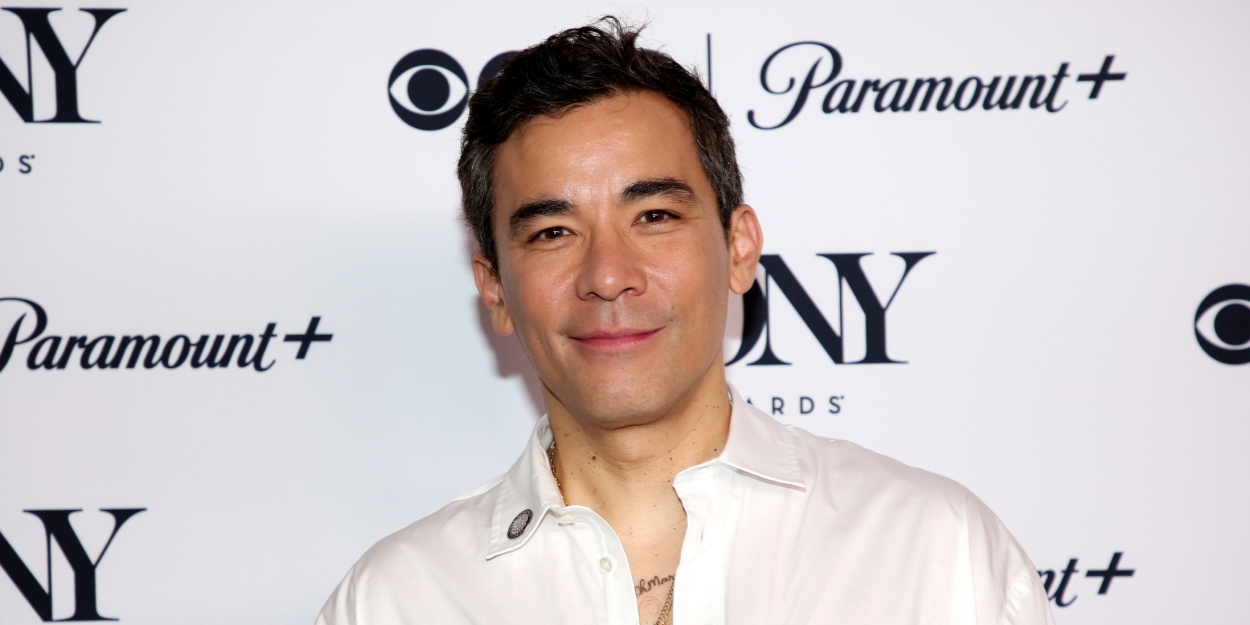
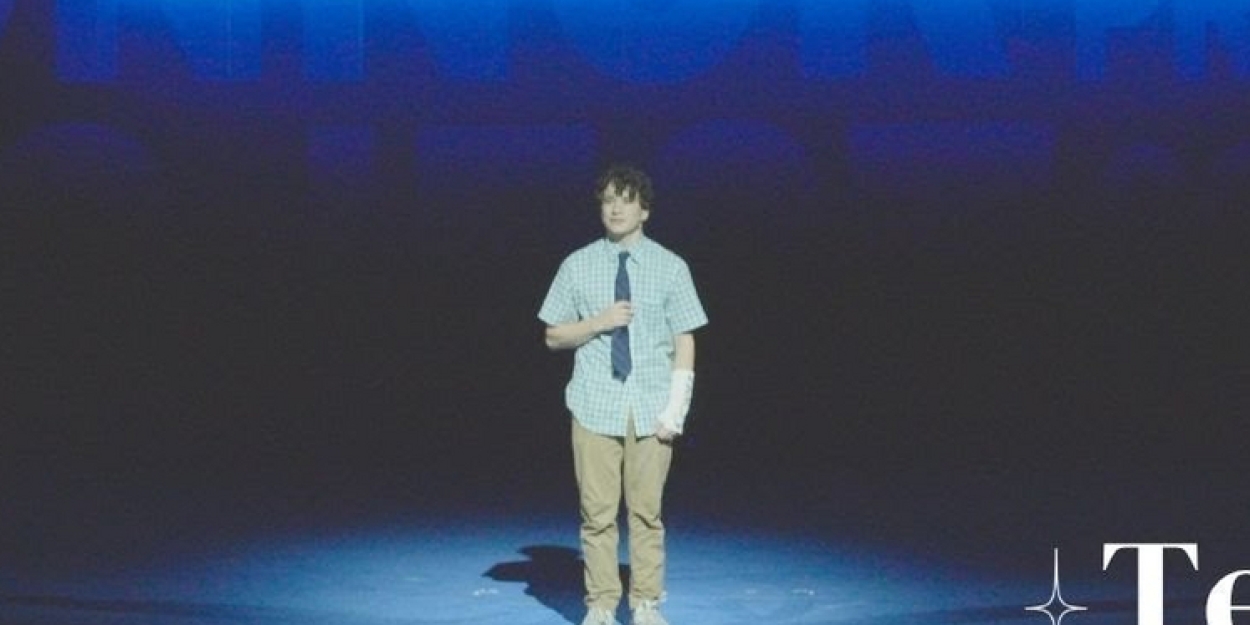
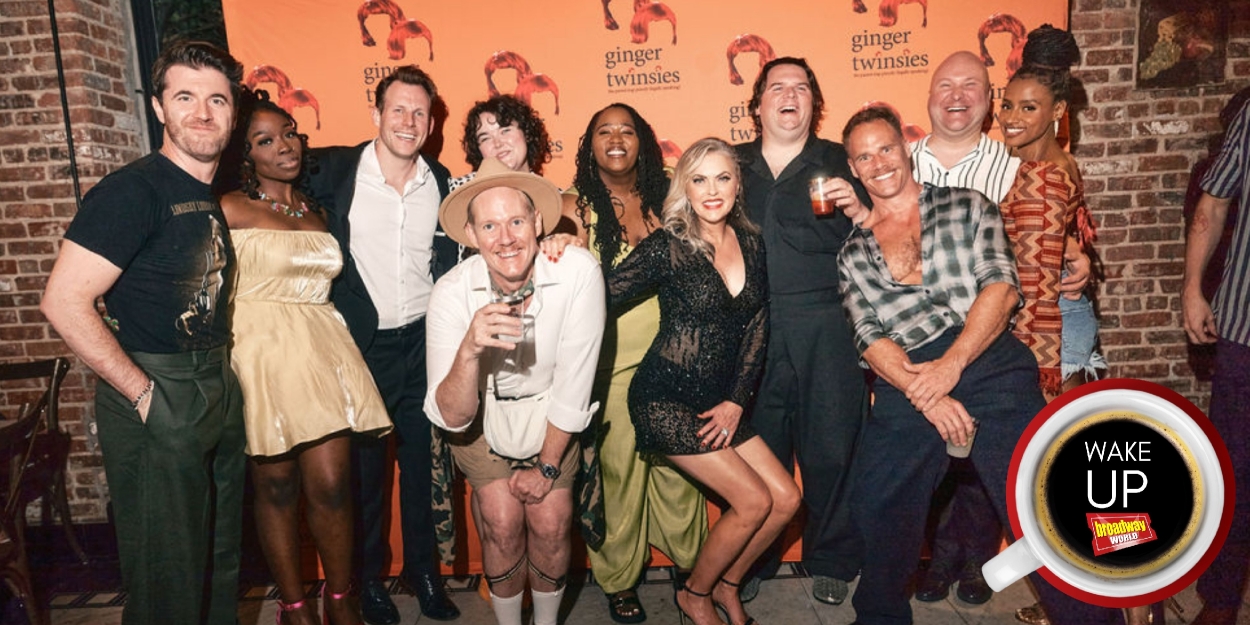


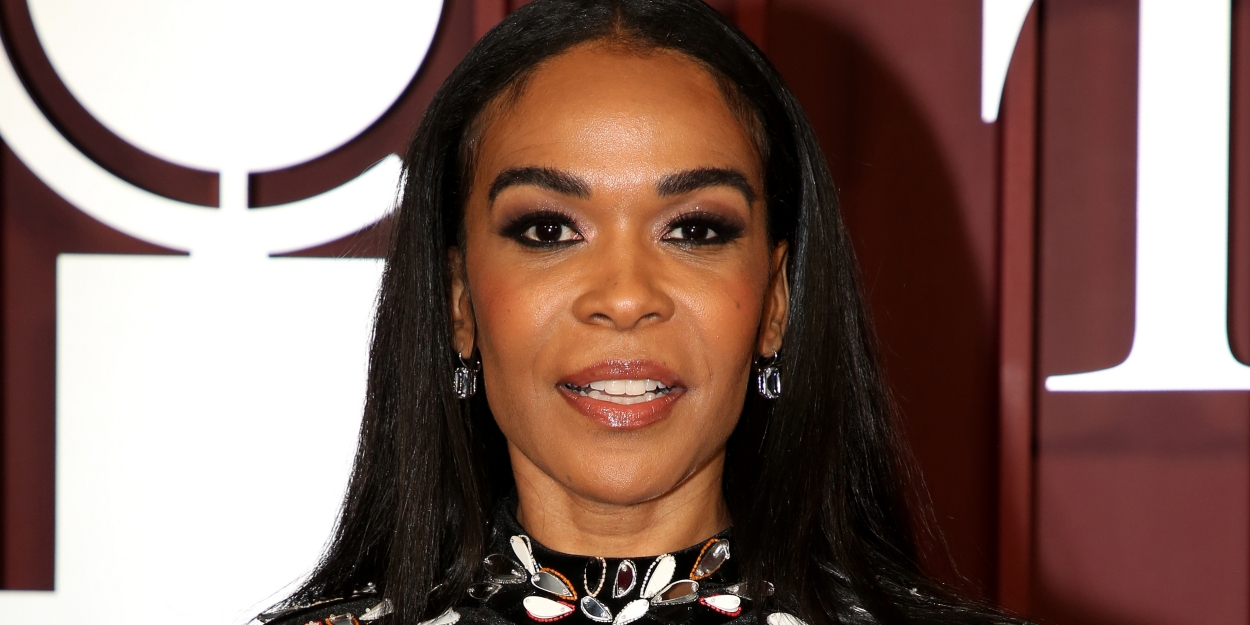
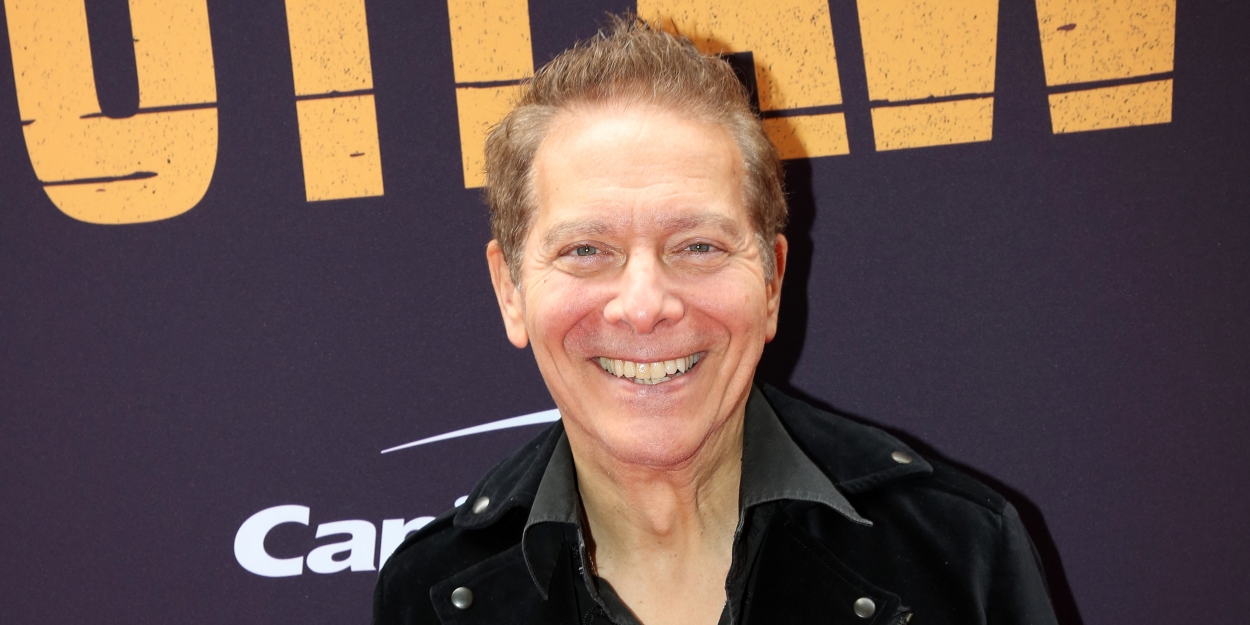
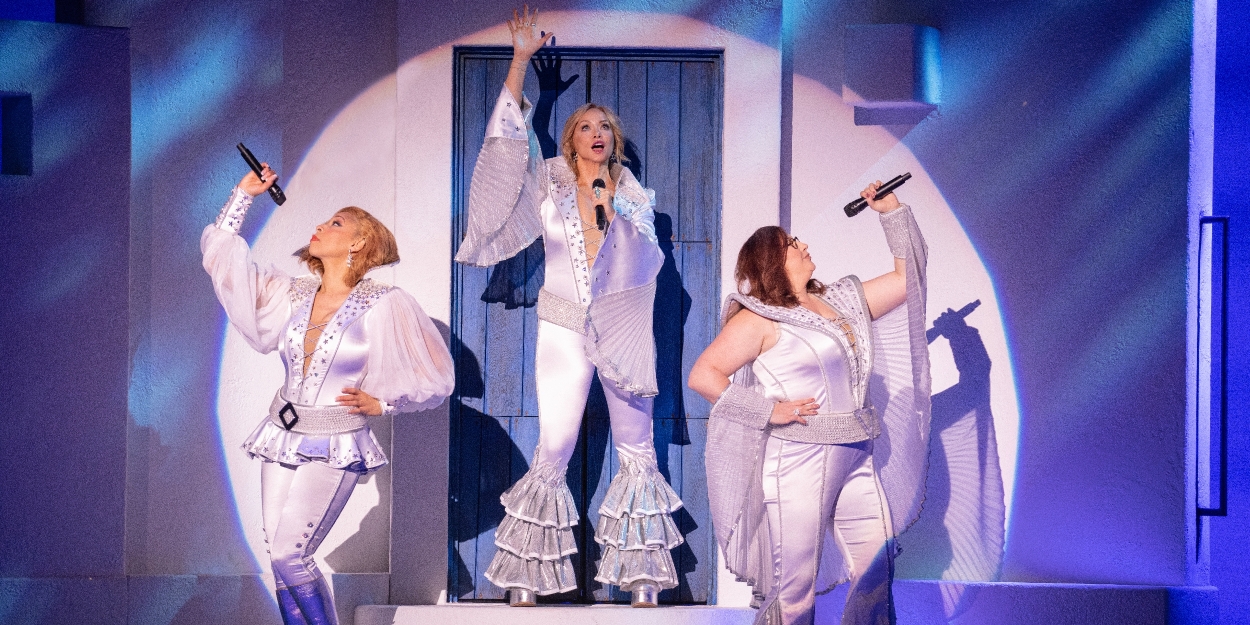
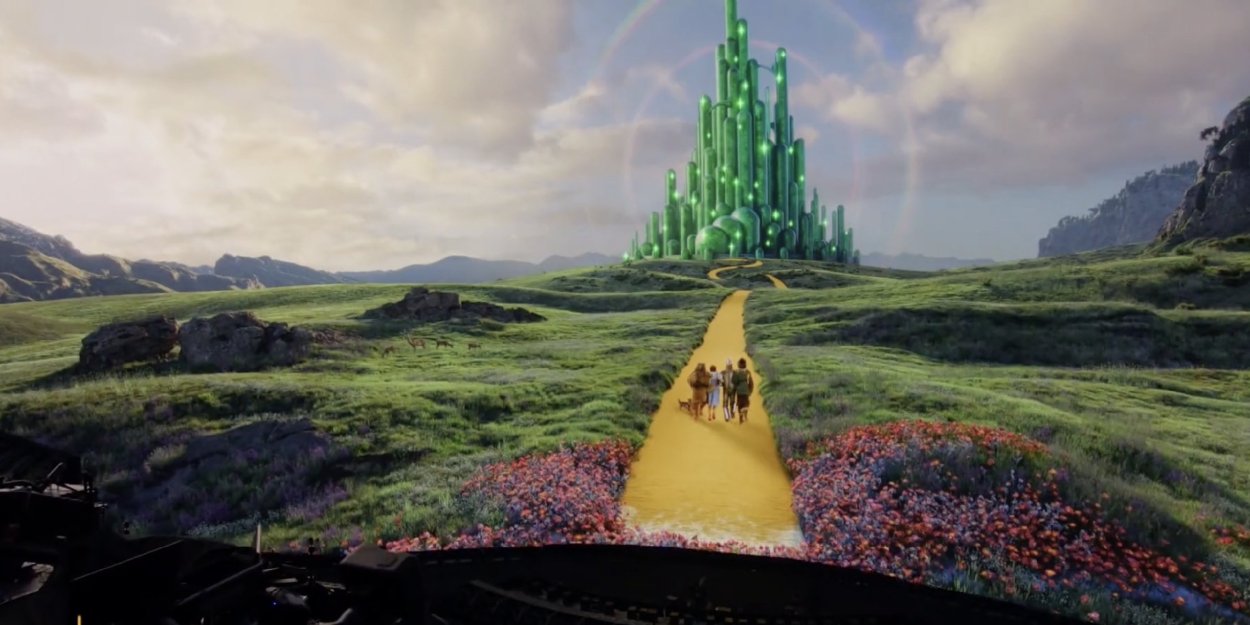
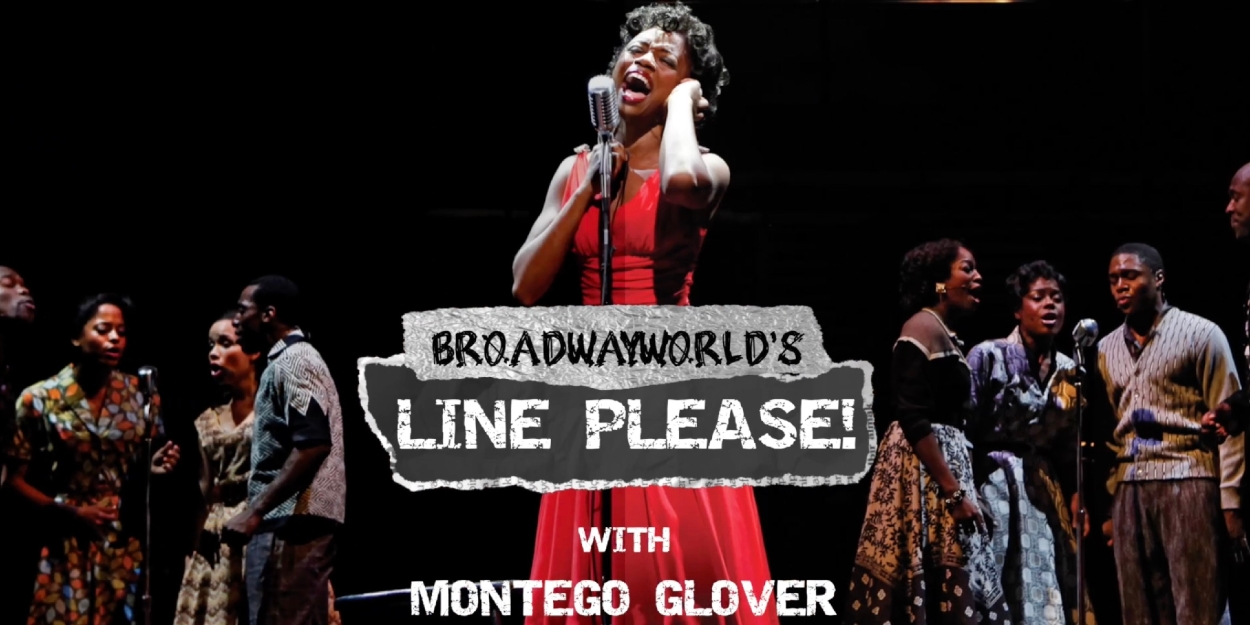
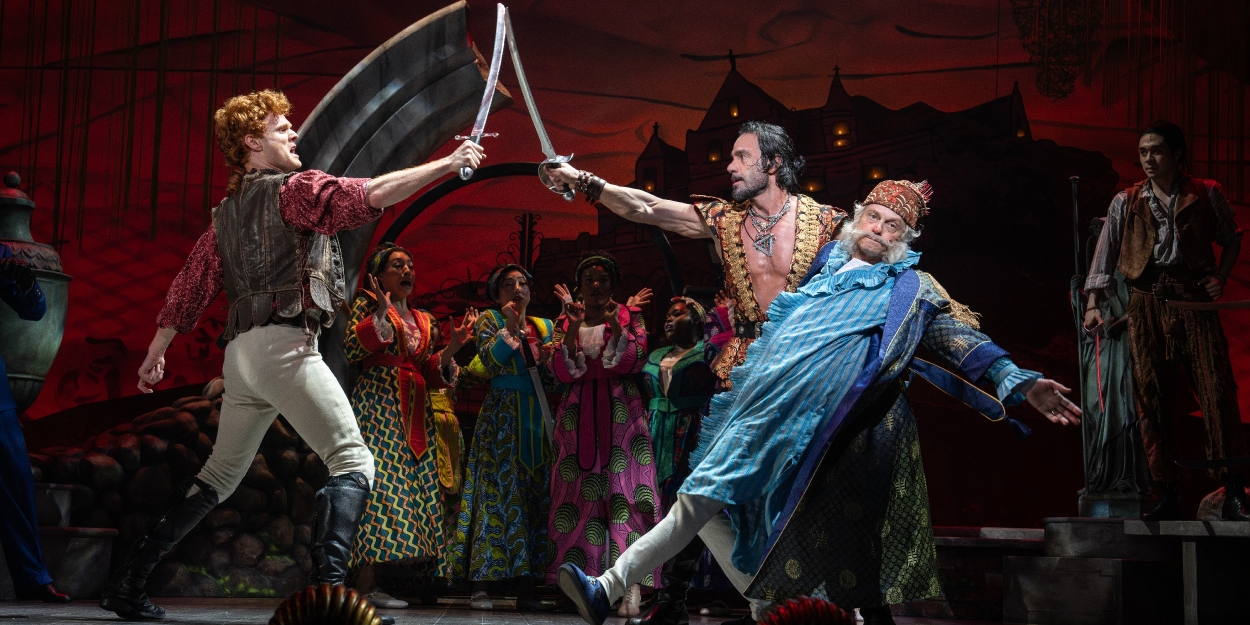

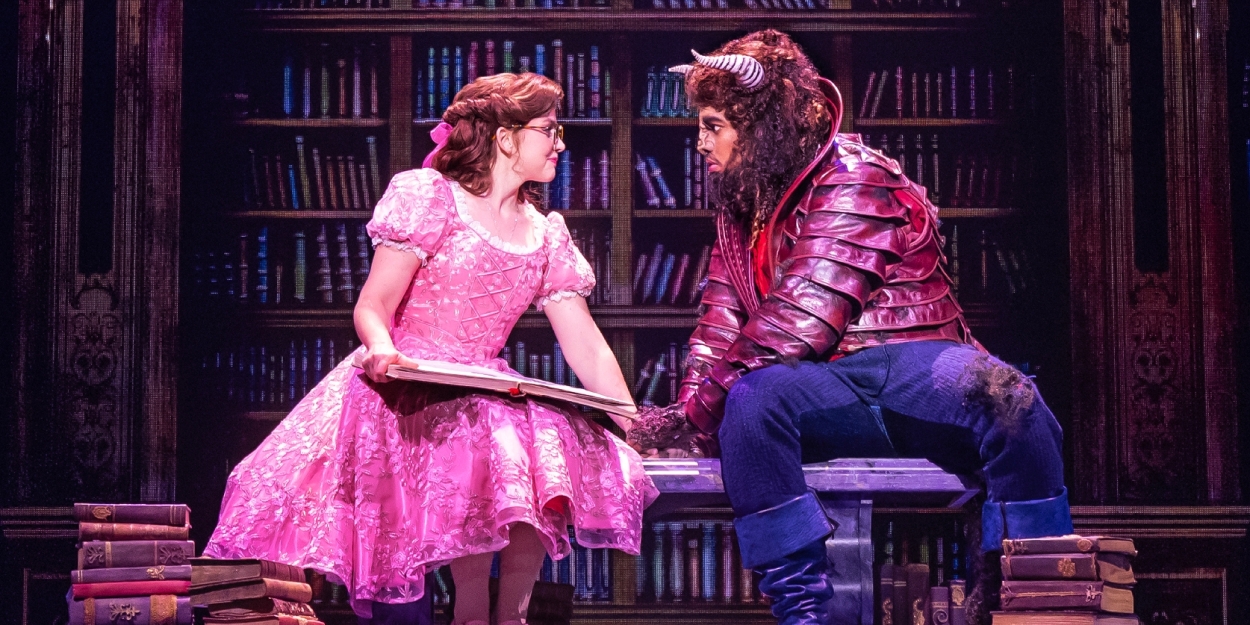
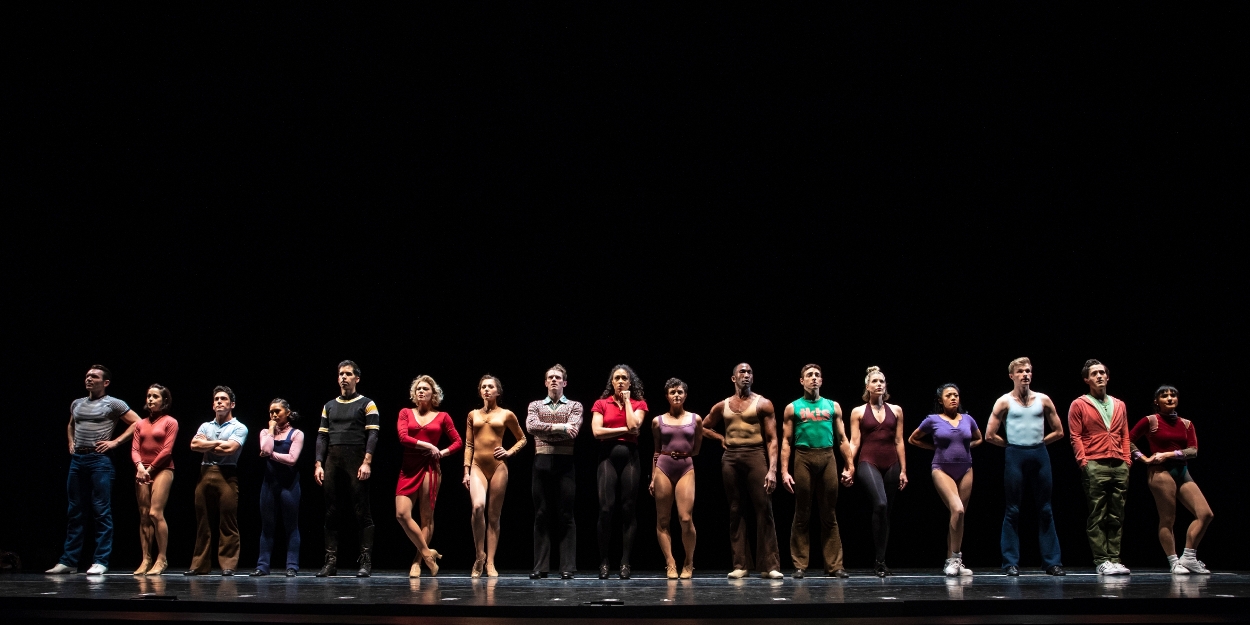
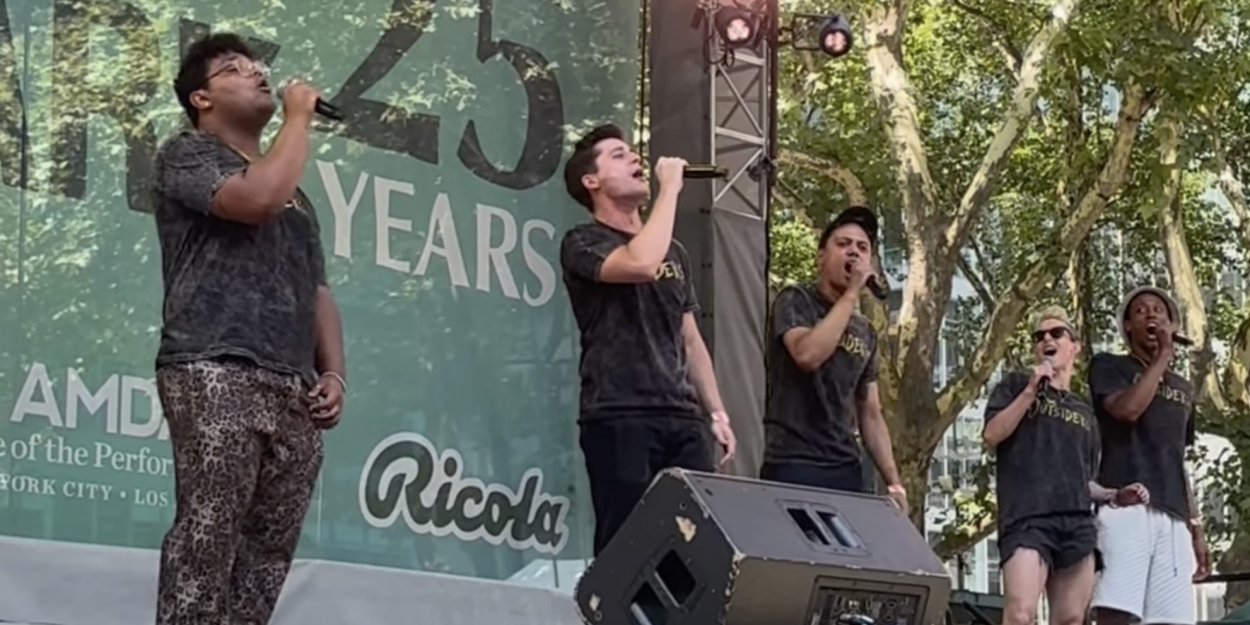
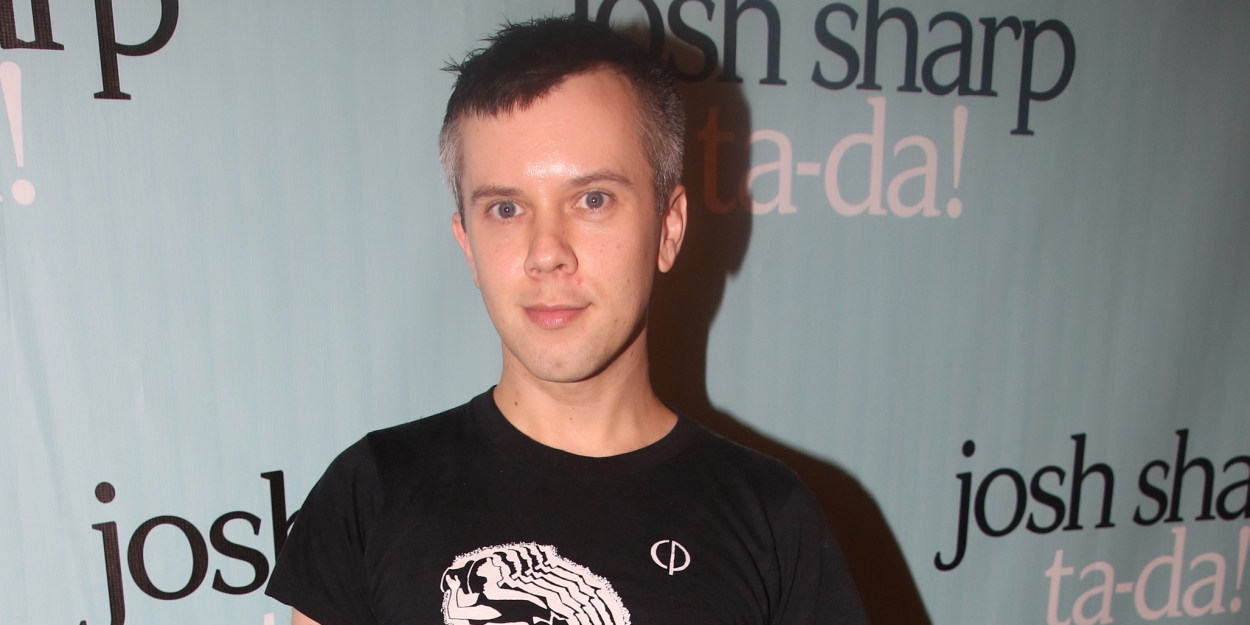
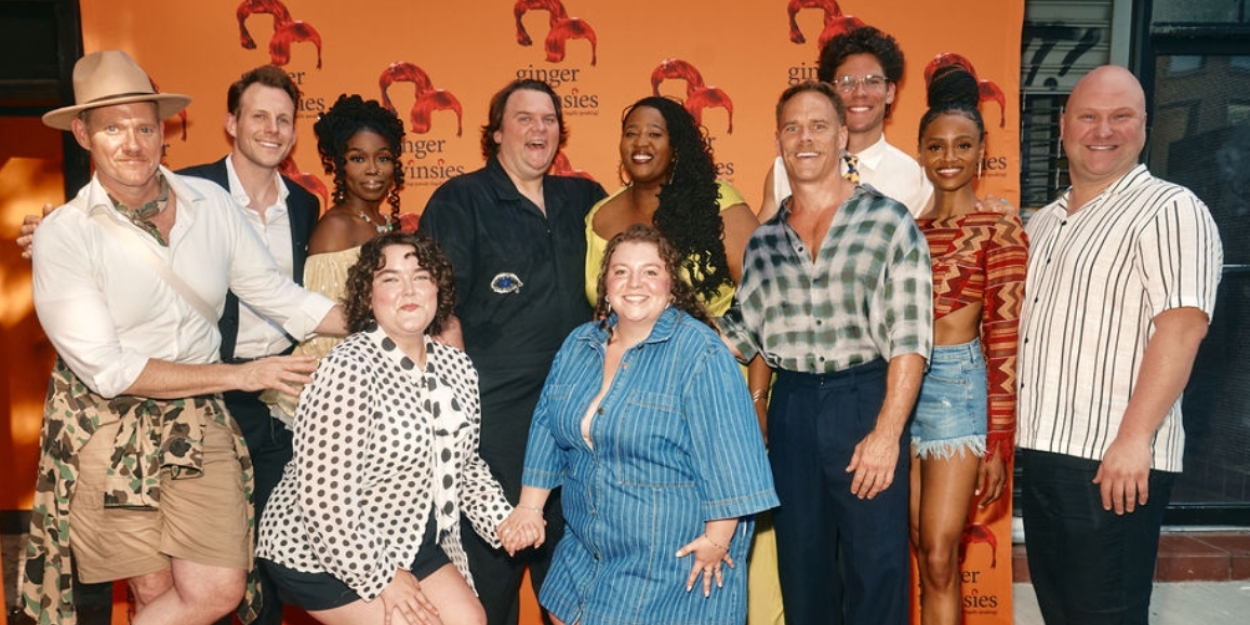
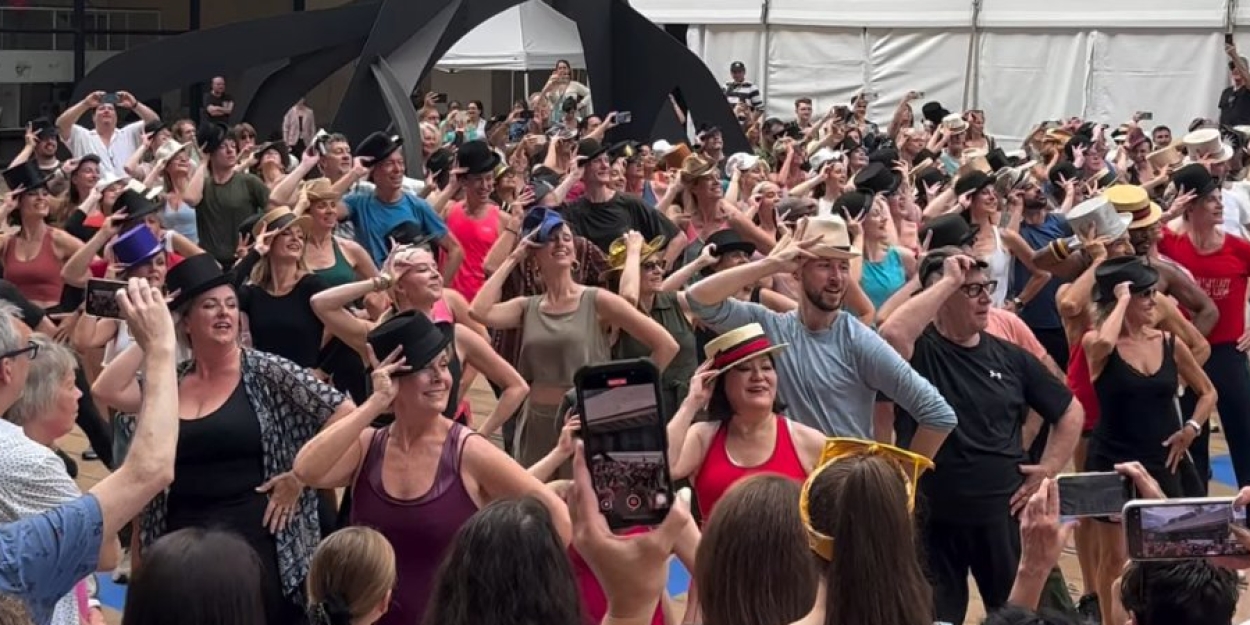
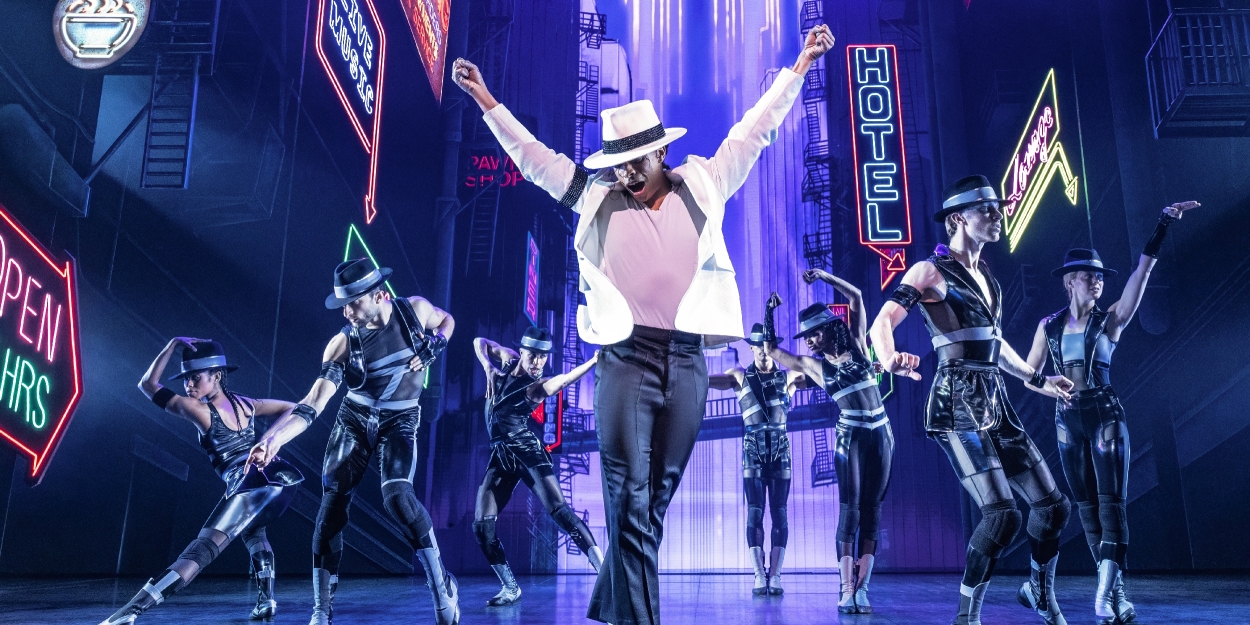
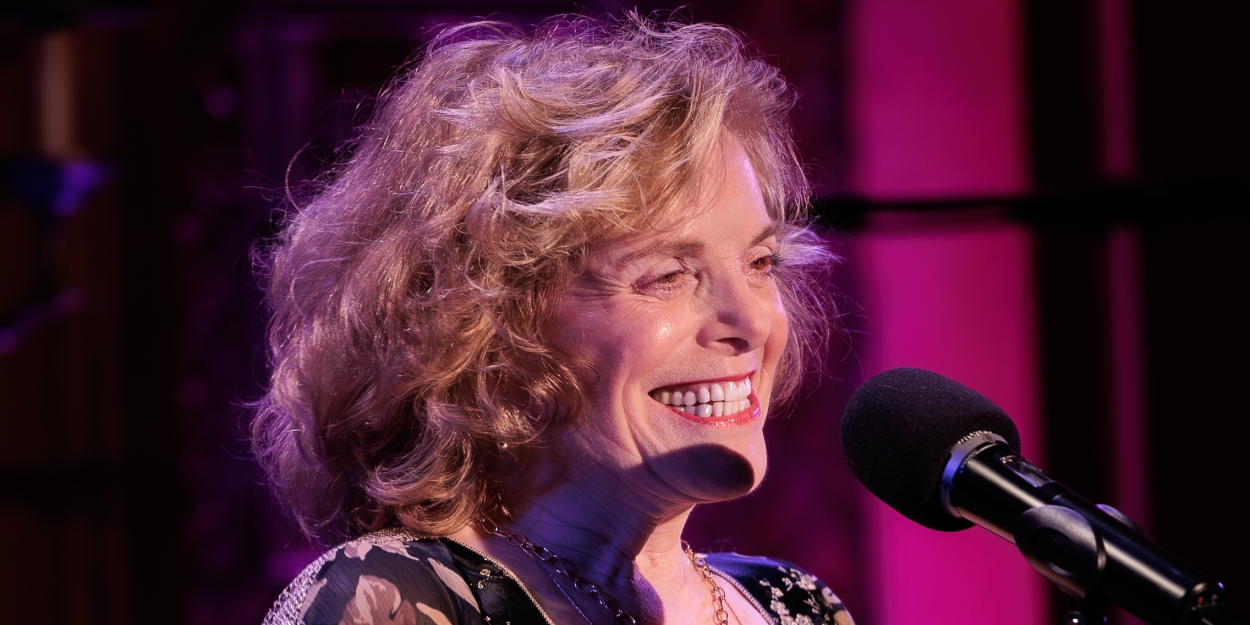
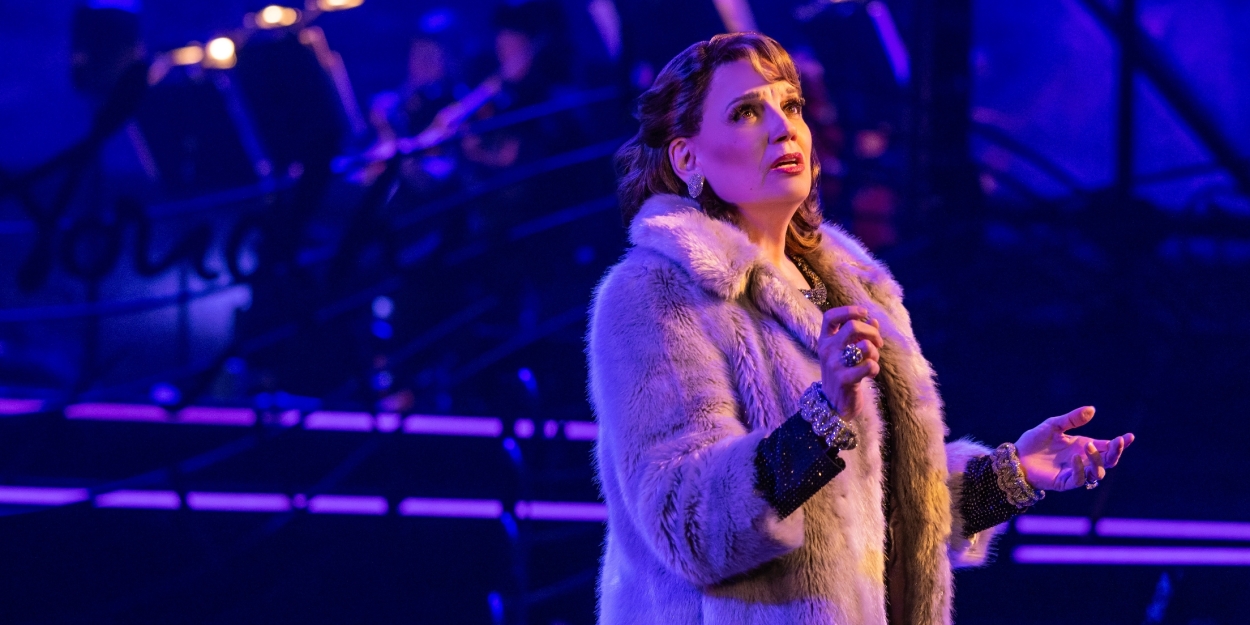
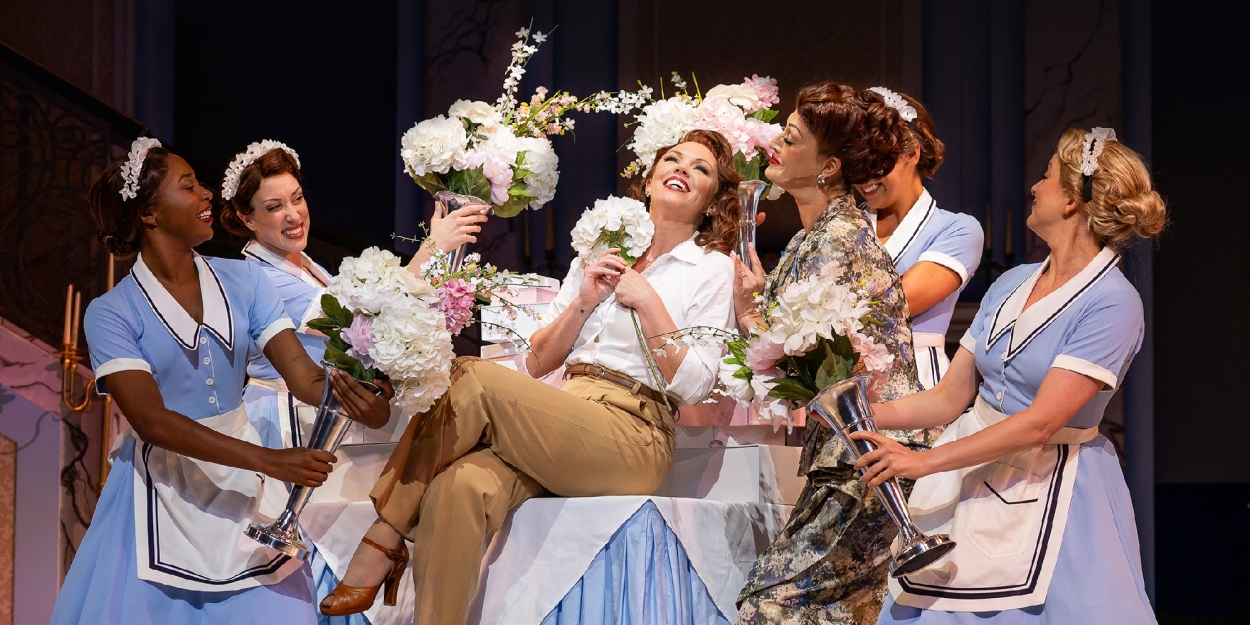


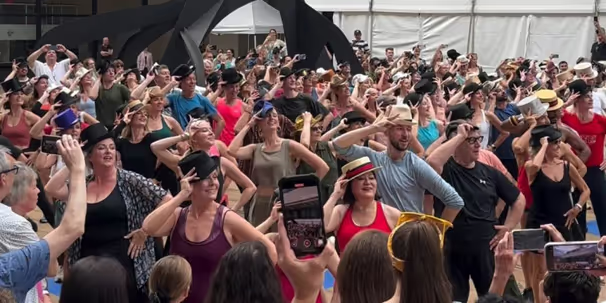

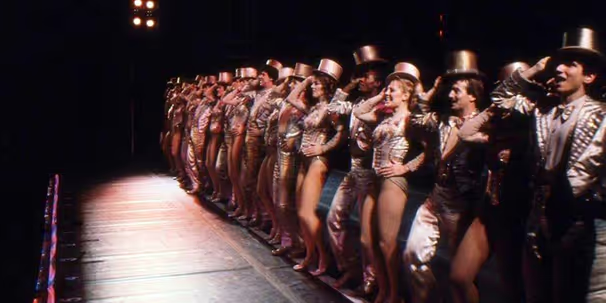
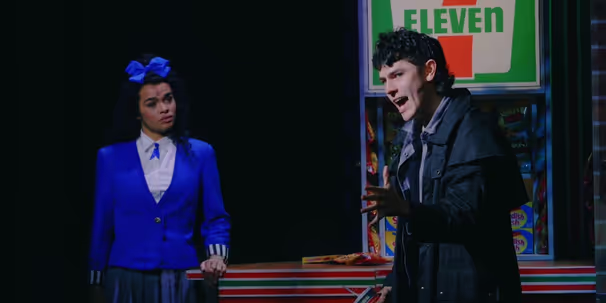
.jpg?format=auto&width=300)







